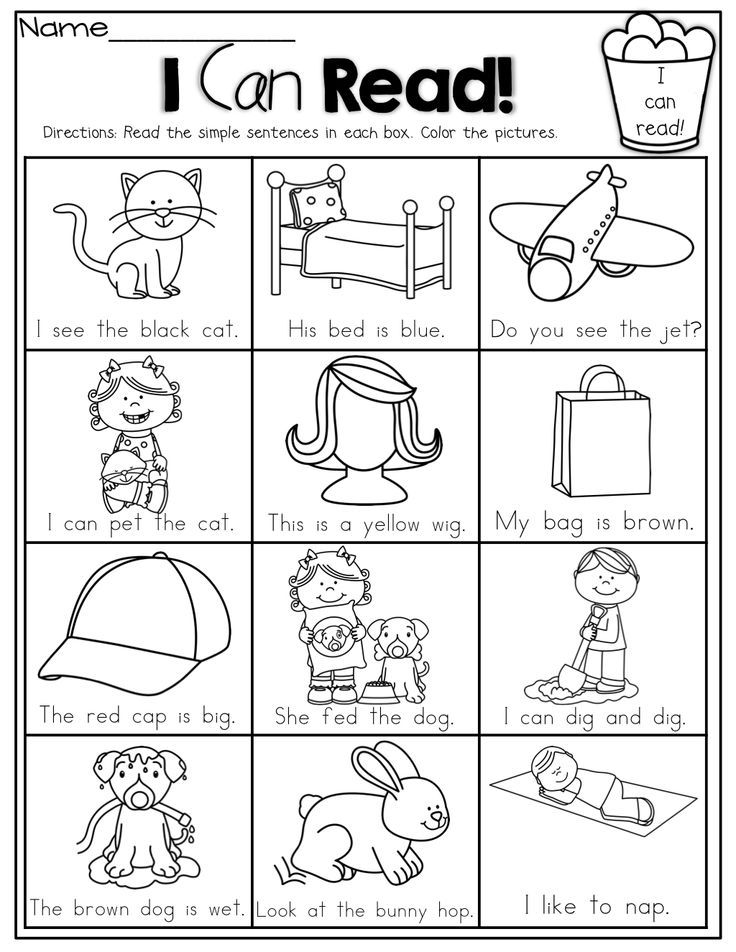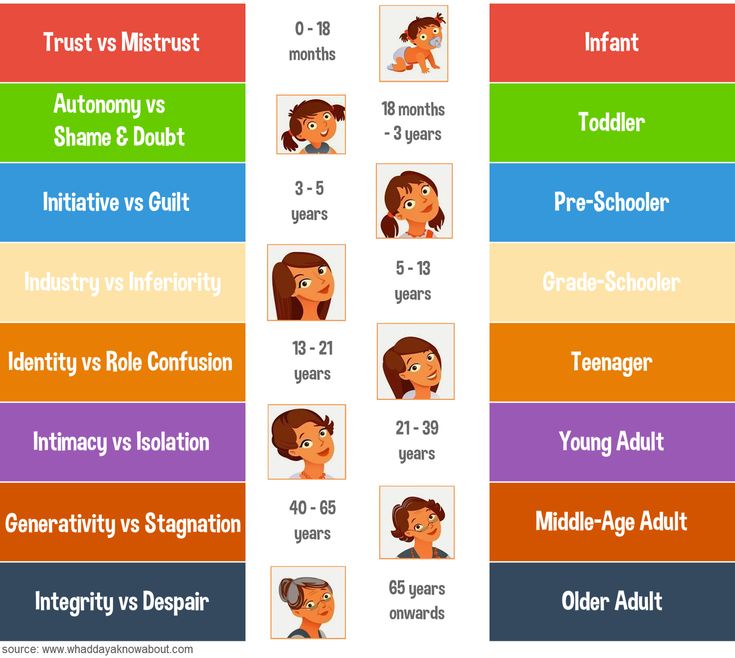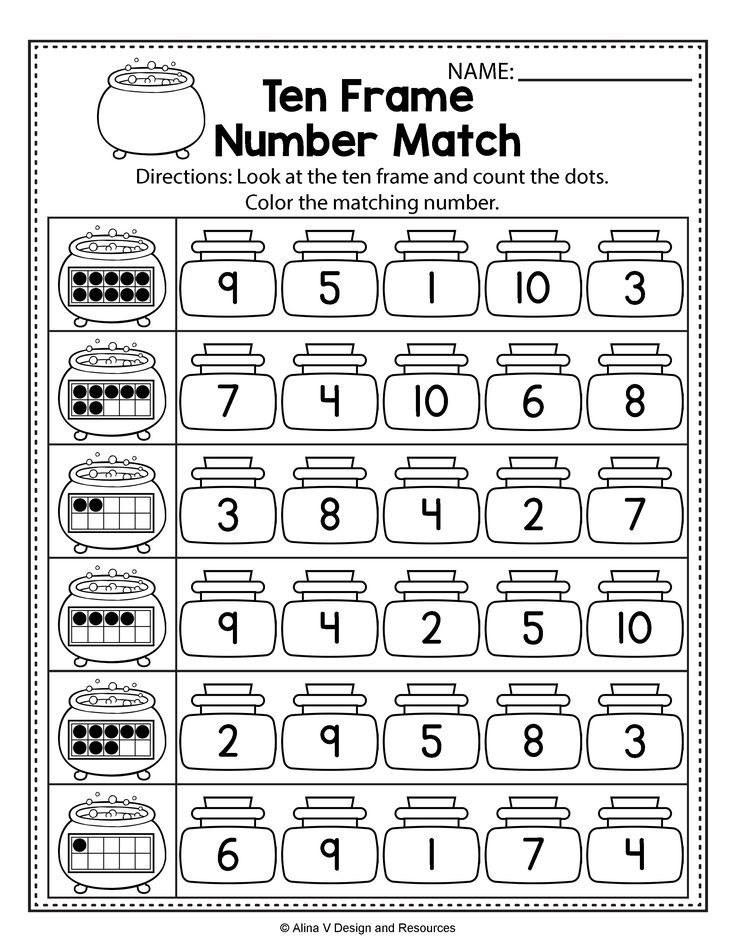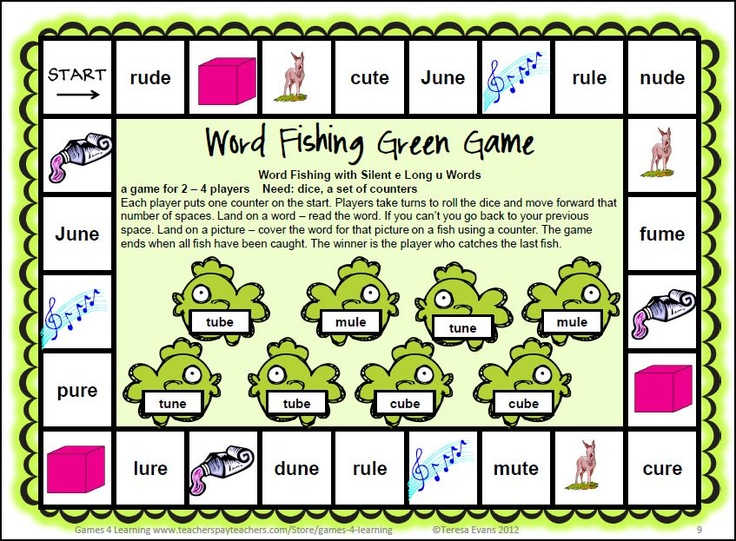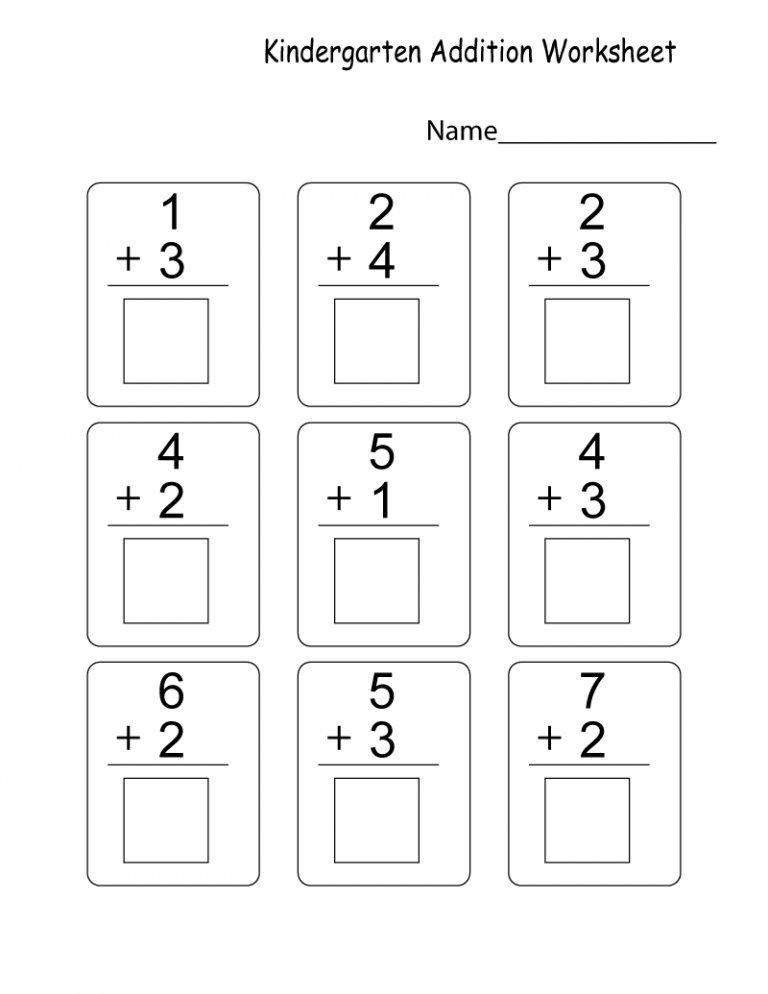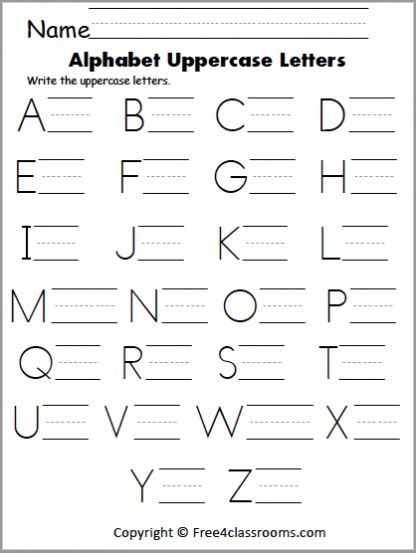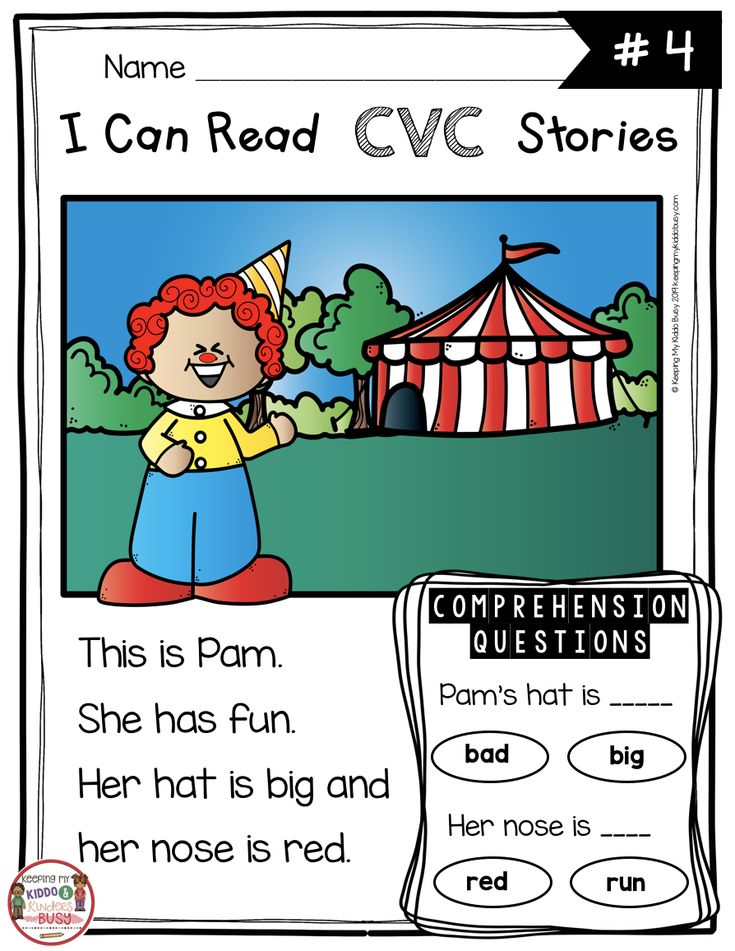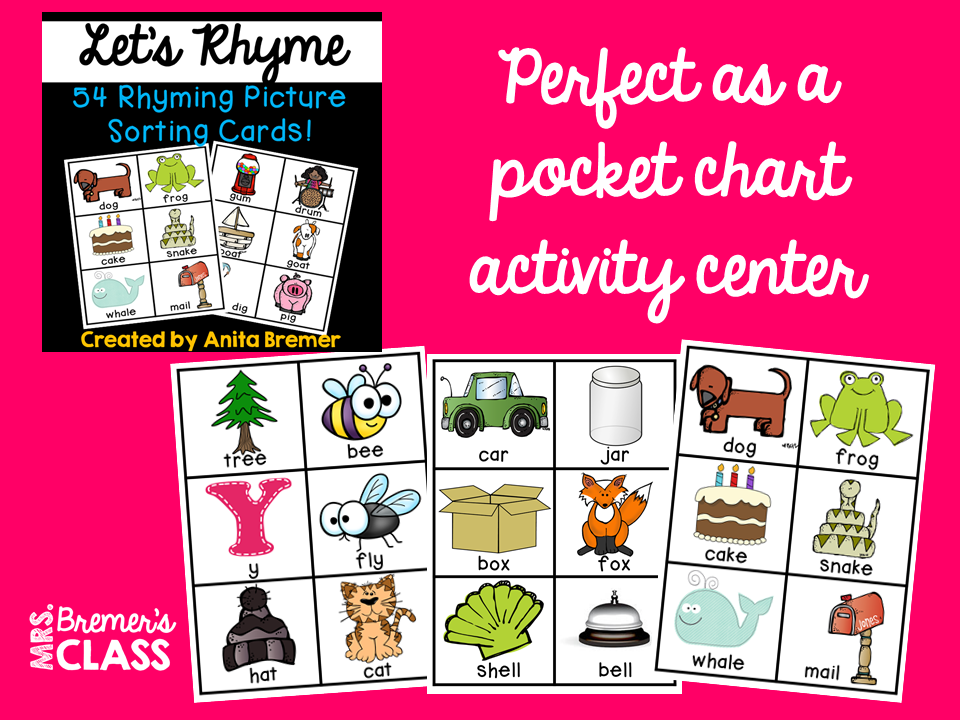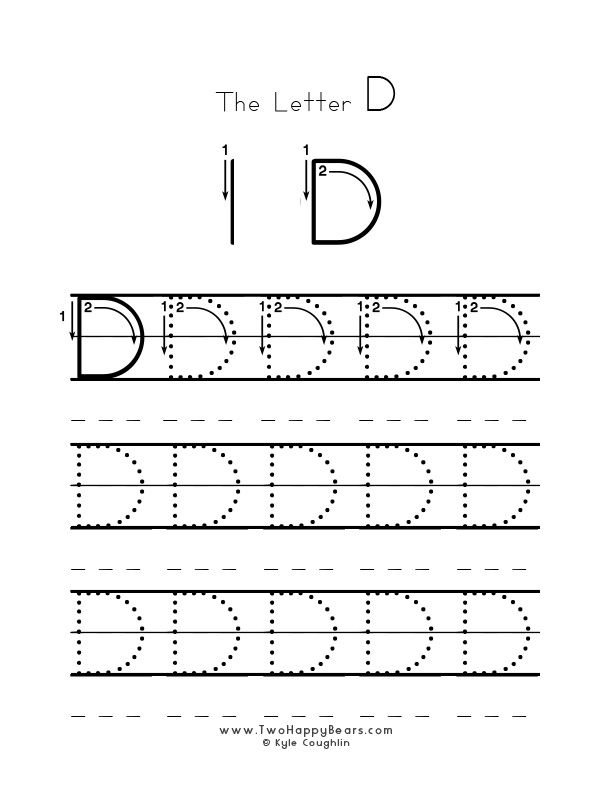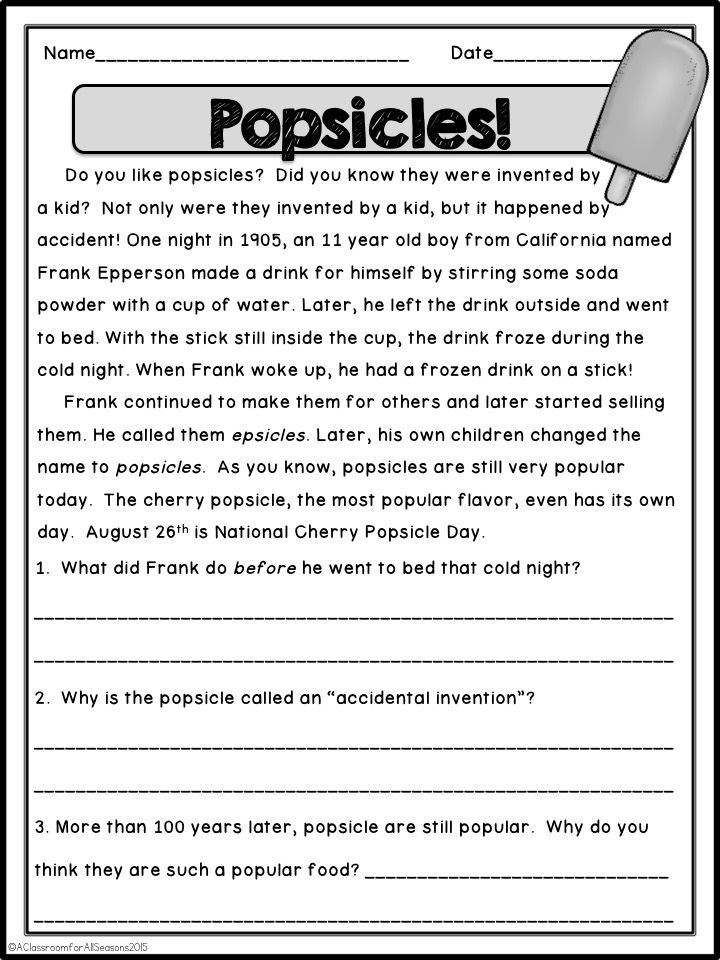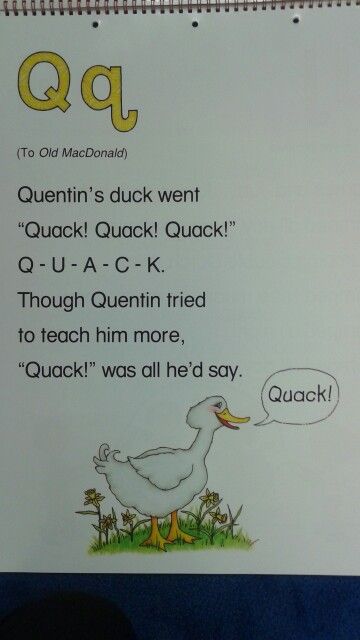Sentences with kid
English example sentences with "kid"
We had a kid just last year.
I'd send my kid out on his own for a while if I were you. A few hard knocks at this point might do him some good.
Say, he is no more than a kid.
Its author is little more than a college kid.
The kid did a job on my dictionary.
The kid stumbled and fell to his knees.
Get the kid to bed.
The kid is old enough to go to school.
The kid got hurt.
When the kid wanted the latest PlayStation software, he acted like a spoiled child.
That kid was almost run over when the truck backed up.
That kid got a slap from his mother for being rude.
That kid kept crying for hours.
The kid drew back from the frog when it moved.
The kid has a keen sense of hearing.
That kid is a little bundle of energy.
Keep an eye on the naughty kid.
Put the kid into these clothes.
Playing country-western music on guitar is real kid stuff to a true professional.
Is the kid still up?
You should build a fire under the kid.
Shut up and listen, kid.
He was the kind of kid who was always showing off to his classmates.
Don't press your luck, kid.
The kid looks blank.
The kid is a pain in the neck.
He is the dumbest kid in the class.
From about age 6, I led the life of a latchkey kid.
The international situation had become so tense, it would require proficient diplomats to handle it with kid gloves.
The kid is clanging away with his toy.
I had a hard time putting the kid to bed.
My mother died when I was a kid.
When I was a kid, I dreamed of becoming a star like Seiko Matsuda.
When I was a kid, I was all thumbs.
Don't kid yourself.
When I was a kid, touching bugs didn't bother me a bit. Now I can hardly stand looking at pictures of them.
You're probably going to think this is a joke, but I was a punk rocker when I was a kid.
My kid brother is twelve.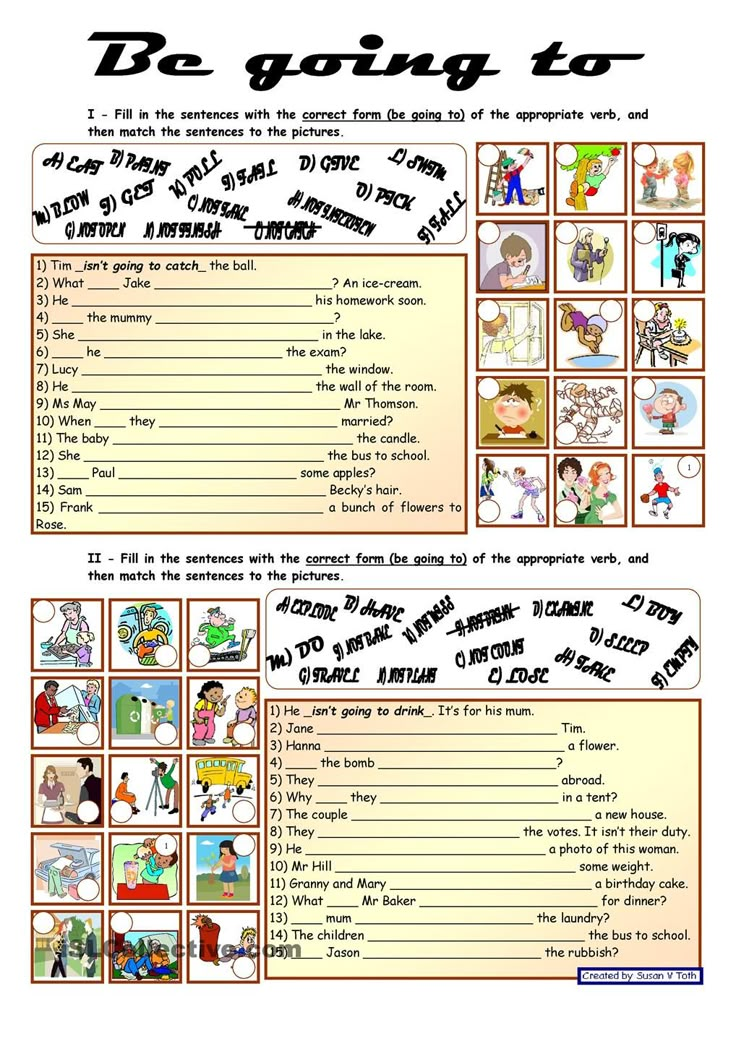
While a brain operation is being performed, both doctors and nurses must handle the patient with kid gloves and yet with all speed practical.
He's a good kid - very quick on the uptake and he does whatever needs to be done.
He's been friendly with my kid brother.
He is just a kid.
Growing children should not always be handled with kid gloves.
I was asked, "You OK, kid?". I replied, "Fine."
"You know a kid called Megumi Noda, right?" "Noda?" "Makes weird sounds like 'Hagya', 'Fugi'"
"Mister"ing a tick? You're a funny kid.
That 'Ayumi' kid, only 13 but has performed in movies and theatres as a child actor since she was five.
Normally, a guy who reads light novels despite not being a kid anymore is a retard, don't you think?
Once, when I was in primary school, a kid was being bullied and it bothered me so much that I exploded with anger.
When I was a kid, I thought that if I died the world would just disappear. What a childish delusion! I just couldn't accept that the world could continue to exist without me.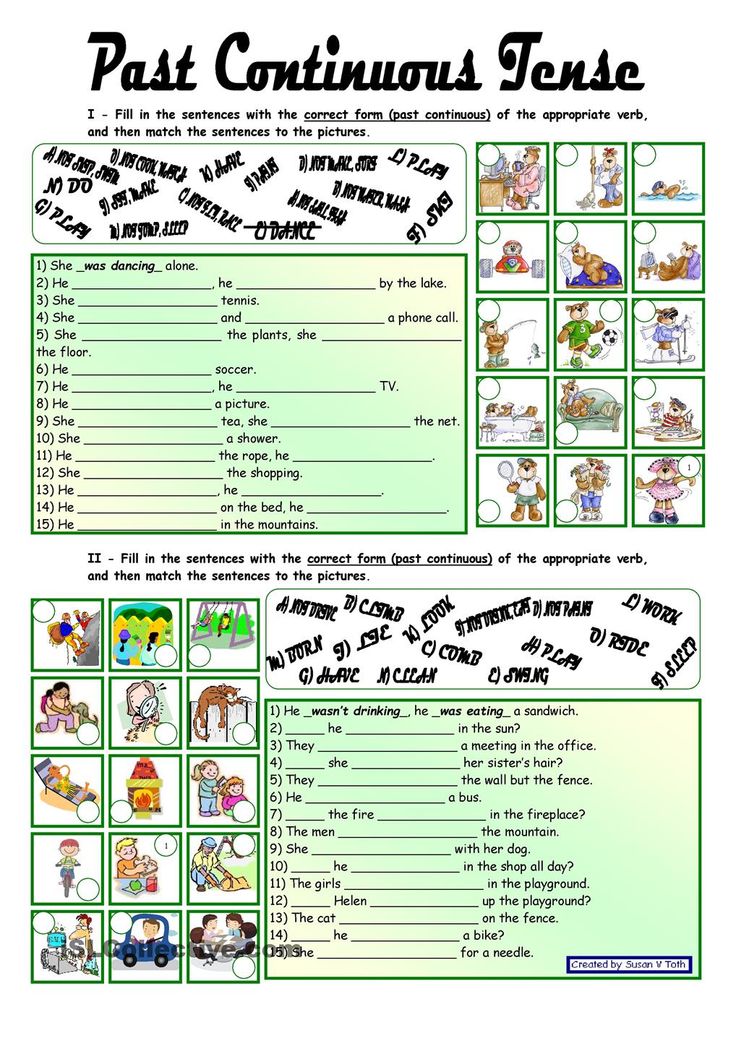
I watched Doraemon a lot when I was a kid. But I had no idea he was so large!
Good shot, kid. You got him.
Here's looking at you, kid.
I remember playing the original Pac-Man game when I was a kid.
She said I am the one, but the kid is not my son.
Don't kid me!
You must have come here as a kid.
Don't treat me like a kid.
Don't let the kid play with knives.
My grandfather, who collected baseball cards as a kid, used to compare batting averages between players. He started a lot of arguments with his friends that way.
Sit down, kid! You've got the heebie-jeebies!
Is this kid autistic or does he have ADHD? His behavior is hard to characterize either way.
"If my kid couldn't speak Shanghainese, I’d slap him silly." the man said.
When I was a kid, I used to think that fairy floss and clouds were alike.
As a kid I usually played baseball after school.
Look! That kid is going to fall.
My kid can't say "Kinpiragobo", he always says "Kinpirabogo" instead.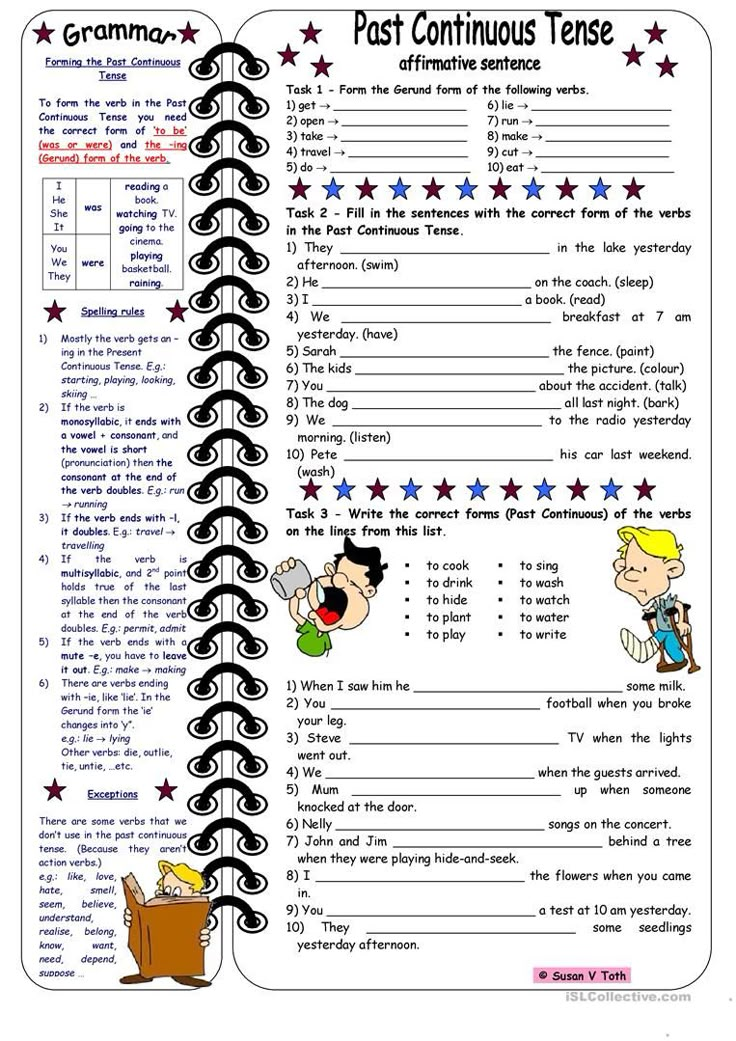
Oh, that kid went to sleep without eating supper.
Didn't you ever put on rubber boots as a kid and have fun splashing water in puddles?
I can't believe that you were the smartest kid in your class.
I don't like that fat kid who ate your lunch.
Is it OK for some kid to show you up?
Tom is just a kid.
Tom didn't want Mary to play with his kid.
I used to watch this anime a lot when I was a kid, but I can't quite remember what happened to the hero in the final episode.
I'm a cool kid.
My speakers are kid toys compared to yours.
The kid is drinking the milk.
Tom's family moved around quite a bit when he was a kid.
Every school kid has played hooky at one time or another.
I know this kid you don't know.
My kid is shy around strangers and always hides behind me.
I went skiing a lot as a kid.
The kid has already gone to bed.
The kid already speaks pretty well.
When I heard that song, it reminded me of when I was a kid.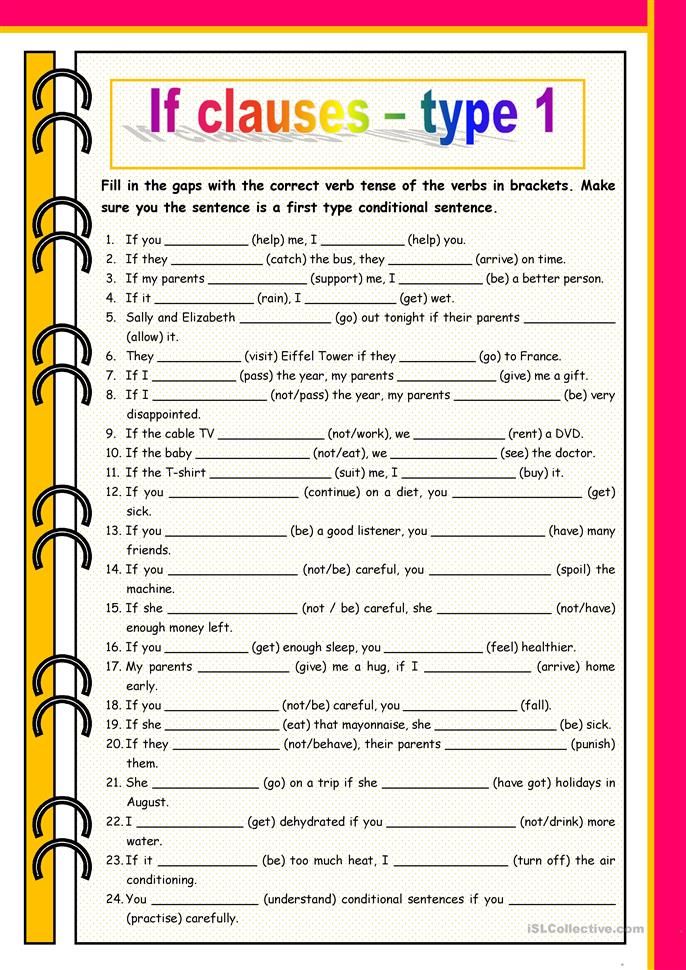
Get lost, kid!
Hurry up, kid, we've got a lot of travelling to do.
Kid, don't touch the mirror!
I kid you not.
I feel just like a kid in a candy shop, here!
Only when I got sick as a kid that I could eat as much ice cream and jello as I wanted and not get yelled at.
Tom is a scrawny kid.
When I was a kid, I loved the film Jurassic Park.
Tom seems like a decent kid.
She bought a toy for the kid.
I used to do that as a kid.
The kid is peeing.
As a kid I was possessed by a ghost.
You’ve sworn to me, kid, — so find such a water for me, find it and bring, water my poor roots…
Each kid had their own room.
How To Make The Most Of Simple Sentences For Kids
When a child finally learns how to construct their own simple sentences, for kids (and parents!), it’s a really special moment.
Word combinations such as “knee sore” turn into, “Mommy, my knee is sore.” Or “now juice” develops into, “Can I have some juice?”
There’s no denying the importance of sentences — they help us better express our thoughts and feelings.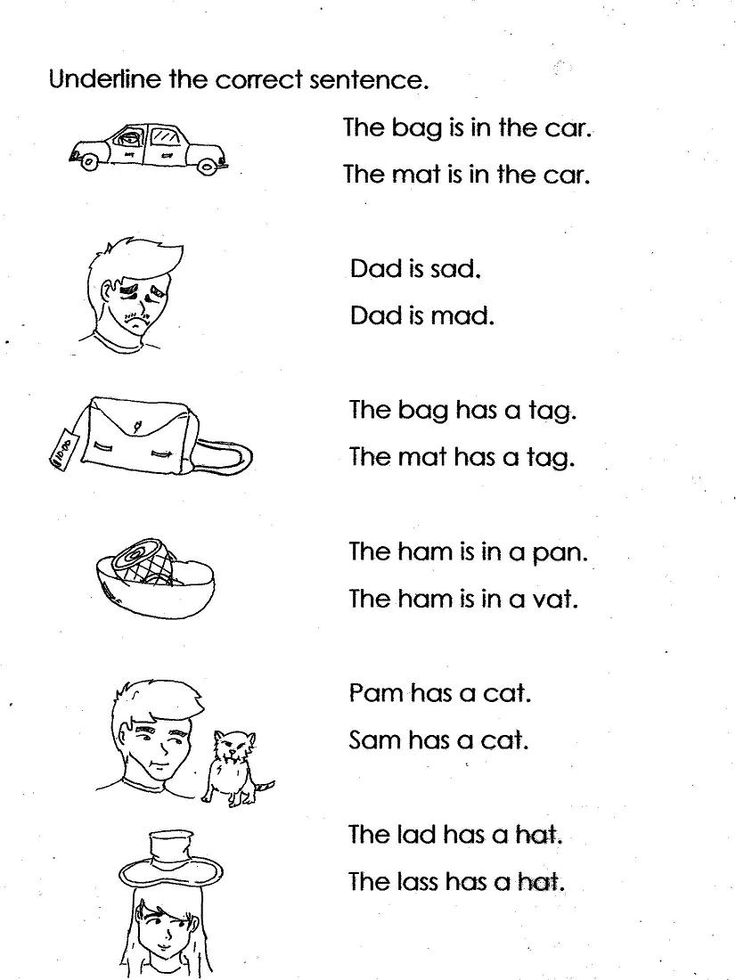 So the only question now is: How can you help your child start constructing their own sentences so that they, too, can communicate better?
So the only question now is: How can you help your child start constructing their own sentences so that they, too, can communicate better?
Two words: simple sentences.
When Do Kids Start Forming Sentences?
Children start forming sentences once they know a few words. But language development is quite a journey!
Somewhere between 18 and 24 months, a toddler will begin constructing two-word “sentences,” like “want milk” or “no sleep.” At this stage, they are linking two or more words together to express an idea. This is the first step and a big milestone.
By four years old (sometimes earlier), most children are speaking in complete sentences. But that doesn’t mean they’ve reached the end of their sentence journey.
While your child may be speaking in complete sentences, finding playful ways to expose four and five year olds to sophisticated aspects of sentences while being kid appropriate is beneficial. This will help them continue developing their language skills.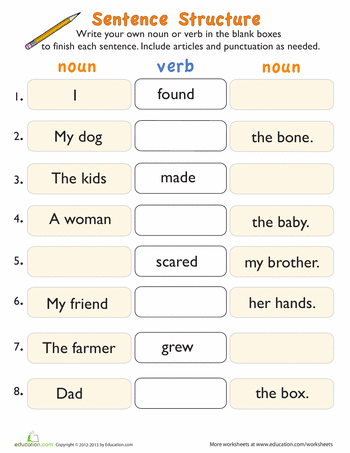
One of the best ways to do so is to encourage children to speak in complex sentences to express their ideas. How? This can be achieved by simply resisting the temptation to simplify our own speech.
Remember that children are learning sponges! They will naturally pick up on the language habits you expose them to. So, continue speaking in complex sentences while in their presence. It’s not a bad thing if your child asks, “What does that mean?”
Of course, simple sentences come first.
What Makes A Simple Sentence?
A simple sentence is the most basic form of a sentence. It contains only one independent clause — a group of words that forms a complete thought and is made up of a subject and predicate (which includes a verb and expresses what is said about the subject).
For example, in the simple sentence, Thomas kicks the ball, “Thomas” is the simple subject and “kicks the ball” is the predicate, with “kicks” being the verb, or simple predicate.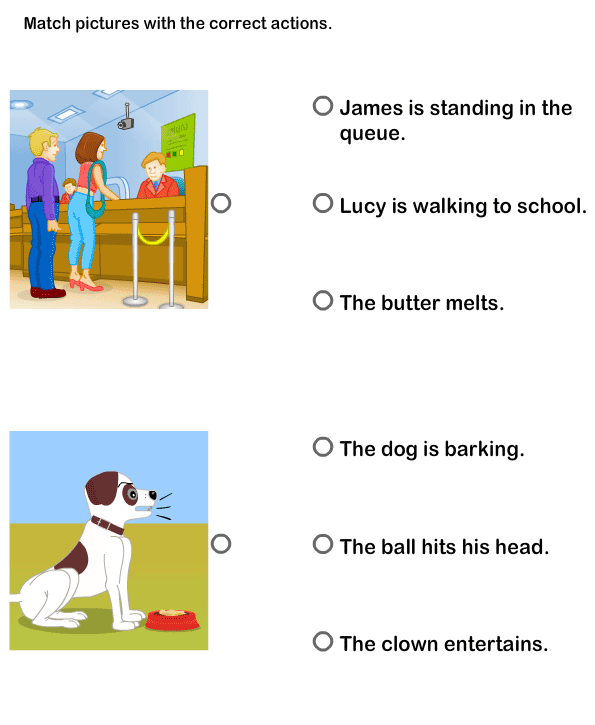
Simple sentences for kids are mostly short, but they can also be long. The length of the sentence isn’t the focus. What’s important is that the basic elements (subject and predicate) are always present.
When we communicate in our everyday lives, there’s usually a good mixture of both simple and more complex sentences without us even thinking about it. In order to help our kids reach this effortless communication stage, we need to help them understand the basics.
The good thing about the English language (and every other language, actually!) is that once you understand the basics, moving on to complicated structures is easier.
Simple Sentences For Kids To Act Out
One of the best ways for children to learn is through acting things out. If you have an active young child who enjoys moving around, why not use their energy to encourage some learning?
Here are some simple sentences for kids they will have fun acting out.
- He reads a book.
- The dog barks.
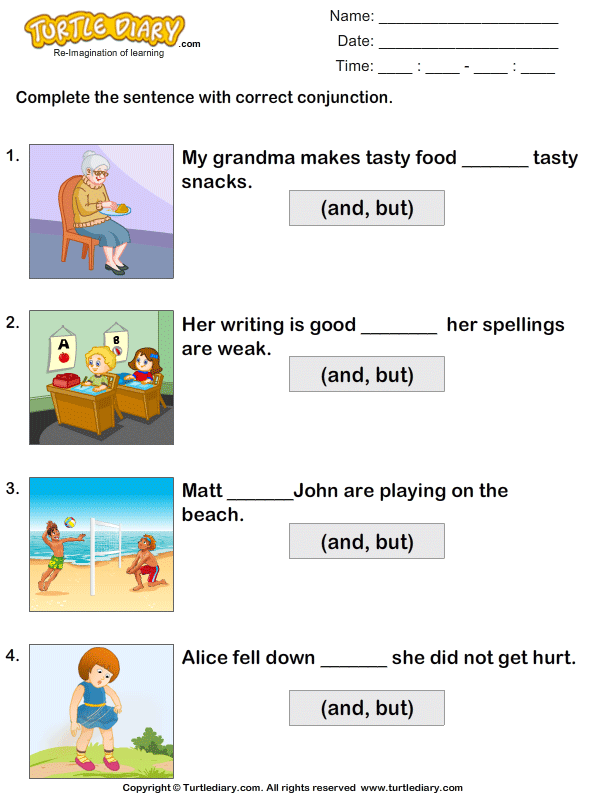
- The cat sits on the mat.
- I hop on one foot.
- The pig gobbles his food.
- The rooster crows.
With these sentences for kids, your child will have a blast while naturally learning what makes up a sentence!
Other Ways To Practice Sentences For Kids
1) Use Pictures
We recommend having your child use pictures to make up stories. You can even record the stories and listen to them for a little added fun!
If your child wants to write their ideas, too, that’s great! But don’t worry about standard spelling; much more important is the creative effort involved in thinking of a great story composed of interesting sentences of their own creation.
You can use pictures of animals, nature, sports, or even family photos. Then encourage your child to share whatever comes to their mind after having a look at these images.
During the first session, your child may need a few verbal prompts to help them get started. Simple questions like, “What’s happening in the picture?” or “What does this image remind you of?” can help to get their creativity flowing.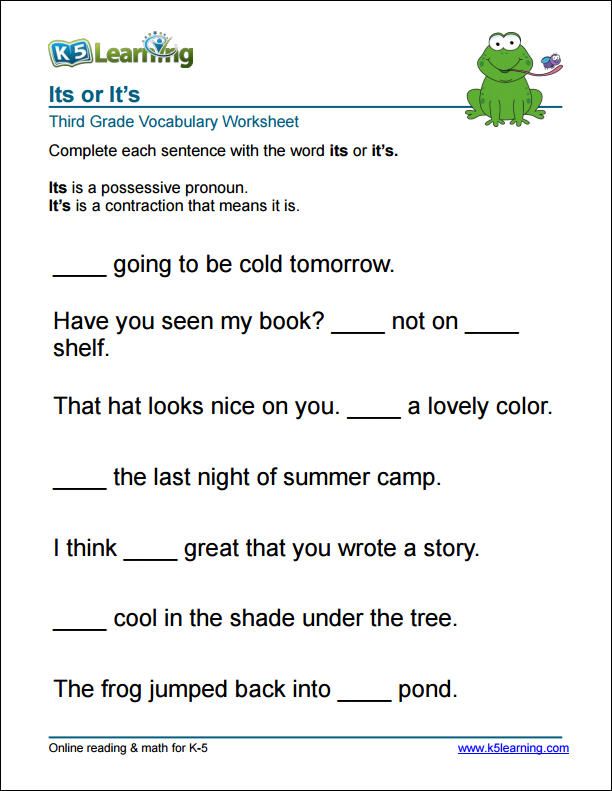
If you have multiple children, you can allow them to share what they came up with about the same image. As individuals, they will most likely think of different sentences, so this is a great opportunity to emphasize how everyone has unique ideas.
We encourage you to allow your children creative freedom here. The idea is to place an image in front of them and let them create anything they feel like creating.
2) Play Sentence Games
If you’ve been following our blog for a while, you’ll know one thing for sure — the HOMER team loves a good game! Games are not only fun, but they’re also great ways to help children remember fundamental learning concepts.
One of our favorite sentence games is Sentence Mix & Match.
What You’ll Need:
- Several index cards
- Markers to write with
What To Do:
- Write interesting subjects on half of the index cards (Ideally, these are things that your child likes. For example: dinosaurs, ice cream, different shapes, colors, etc.
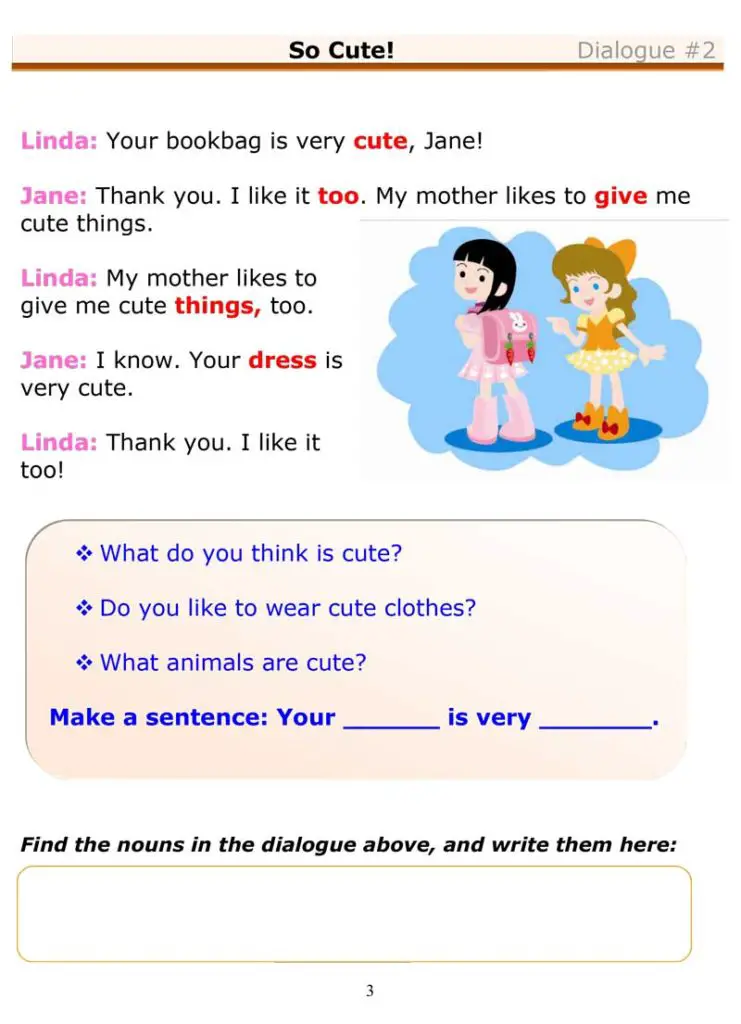 ).
). - On the other half, write predicates or sentence endings that make sense with your individual subjects.
- After writing, place the cards so that they make realistic sentences.
- Then, turn all the cards over and shuffle them. At this point, you want to ensure that you separate sentence beginnings and endings.
- After the shuffle, turn your cards over and discover what silly sentences you get.
- Remember to begin the subject cards with capital letters and sentence-endings cards with a period.
This is a fun activity to help children see that sentences are not always set in stone. They will also quickly learn that the meaning of a sentence can change when words get moved around.
3) Play With Types Of Sentences
Sentence Mix & Match is not the only way to help children learn sentences for kids while also having fun. Another activity we’re huge fans of is playing with types of sentences. Specifically — statements, questions, and exclamations.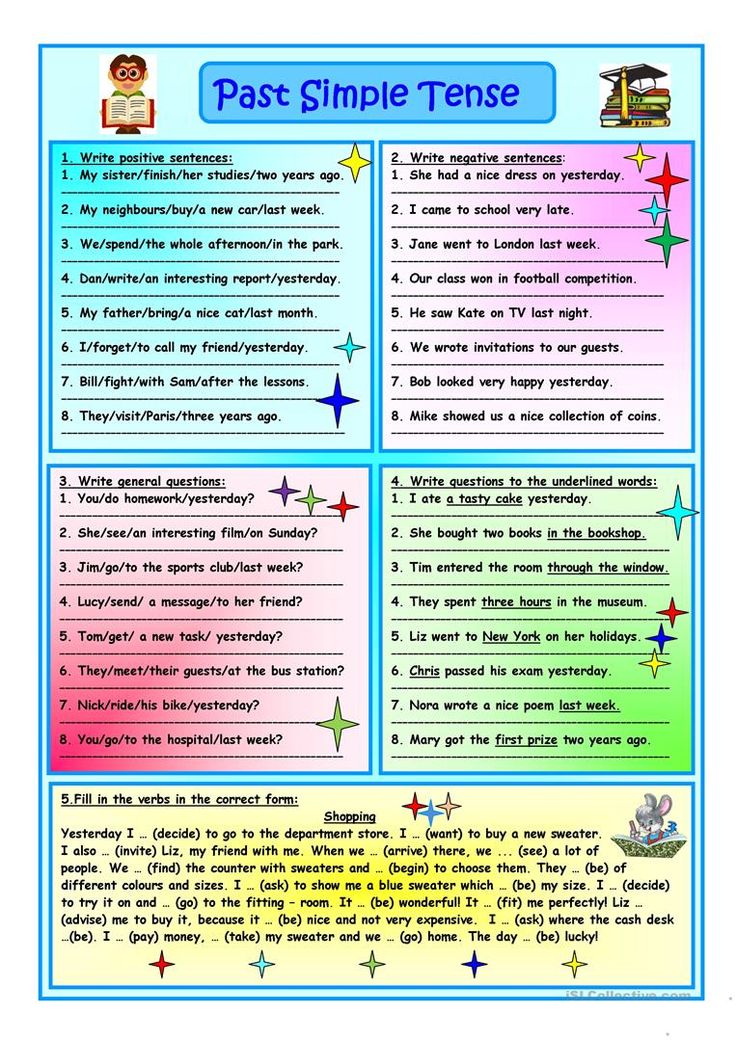
To get started, pick any simple sentence that your child will already be familiar with (e.g., “I like playing outside.”).
Next, encourage your child to say this same sentence as a statement, a question, and then an exclamation.
Similar to Sentence Mix & Match, this game helps children understand that minor tweaks can change the meaning of a sentence.
Children will come across punctuation marks during reading time, but they may not always understand the significance of each. This game will help your child learn how periods, question marks, and exclamation points affect a sentence.
5) Make A Switch
The subject and predicate for each simple sentence have a specific function. For children to use these correctly, they will need to understand what their roles are.
When kids start speaking as babies and then toddlers, they often repeat words, phrases, or the simple sentences they’ve heard from you, your partner, siblings, or other people around them.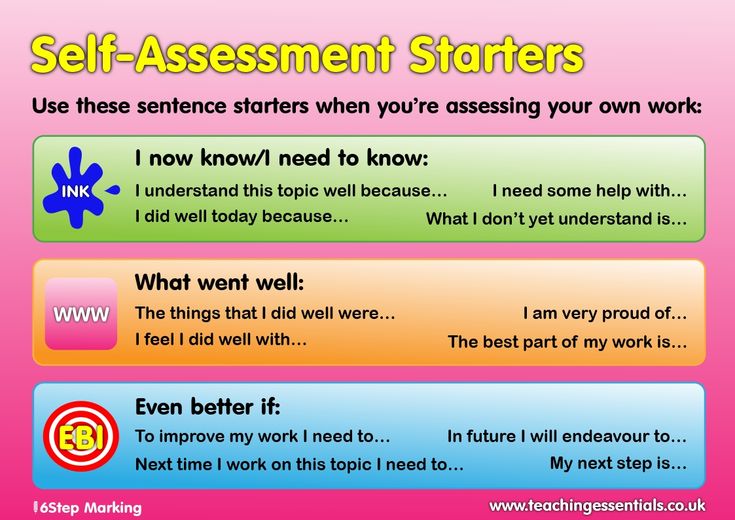
At this stage, they haven’t fully grasped the functions of subjects and predicates. If we want to help our children develop their own sentences, we will need to help them understand the roles of these sentence parts.
A creative game they (and you!) will enjoy involves switching the subjects and predicates of a sentence.
Start with a simple three-word sentence, like, “A cat played.” Then take turns changing either the subject or the predicate of the sentence.
This may look something like this:
- A cat jumped
- A dog jumped
- A dog growled
- A gerbil growled
- A gerbil scampered
Once your young learner is confident switching three-word sentences, move on to four words, five words, and so forth.
Through this fun activity, your child will start understanding the roles of predicates and subjects in sentences.
Simple Sentences For The Win!
A child’s language journey is pretty incredible. It often starts with lots of babbling and moves to single words.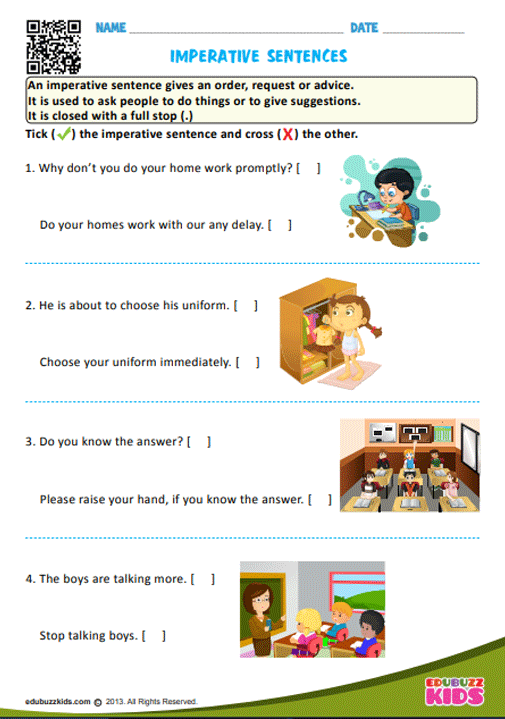 Soon, you get two-word combinations, and before you know it, you’re given a detailed account of what happened in class today.
Soon, you get two-word combinations, and before you know it, you’re given a detailed account of what happened in class today.
As you’re doing the activities we’ve mentioned, remember to allow your child creative freedom. We know that language has a lot of rules, but that doesn’t mean it can’t be fun! Encourage your young learner to be as imaginative as they want to be.
For instance, if they write or say, “The lion growls at the dinosaur,” let’s celebrate the correct sentence construction and, for a moment, imagine a world where lions and dinosaurs exist in the same age!
For more fun and effective learning activities, check out the HOMER Learn & Grow app.
Author
Sentences with the word "child"
We found 80 sentences with the word "child". Synonyms for child. Meaning of the word. Characters. "child" - morphemic analysis.
- He was an original person: in life he was gentle, like a child , but on the field he was cruel.
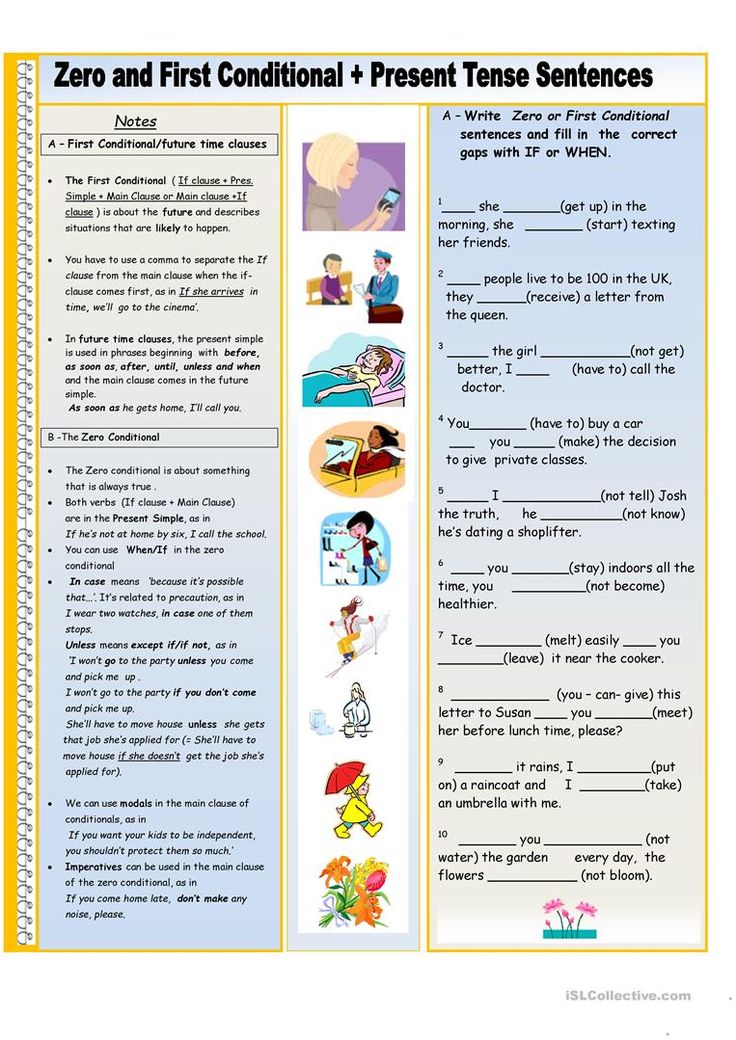
- I felt as excited as a child standing in front of a Christmas tree.
- Everyone should learn this in the same way as a child learns to stand up and walk.
- After the prank I just played with them, I felt happy, like a child in a sandbox.
- During this visit , the child managed to win the heart of his grandmother, Isan.
- And even her smallest child (he is not yet three years old), but he stands motionless.
- From the earliest childhood , the child had to cultivate the will in himself.
- Child was supposed to take over her future plans.
- Her head is above the water, but her back is doubtful, like a child on the shore, not daring to sink into the water.
- And sobbed all morning like a child : the teacher died!
- And I, a child , didn't believe in any god either.
- Moreover, the following was noticed in little Pascal: the one-year-old child was jealous of his mother for his father.
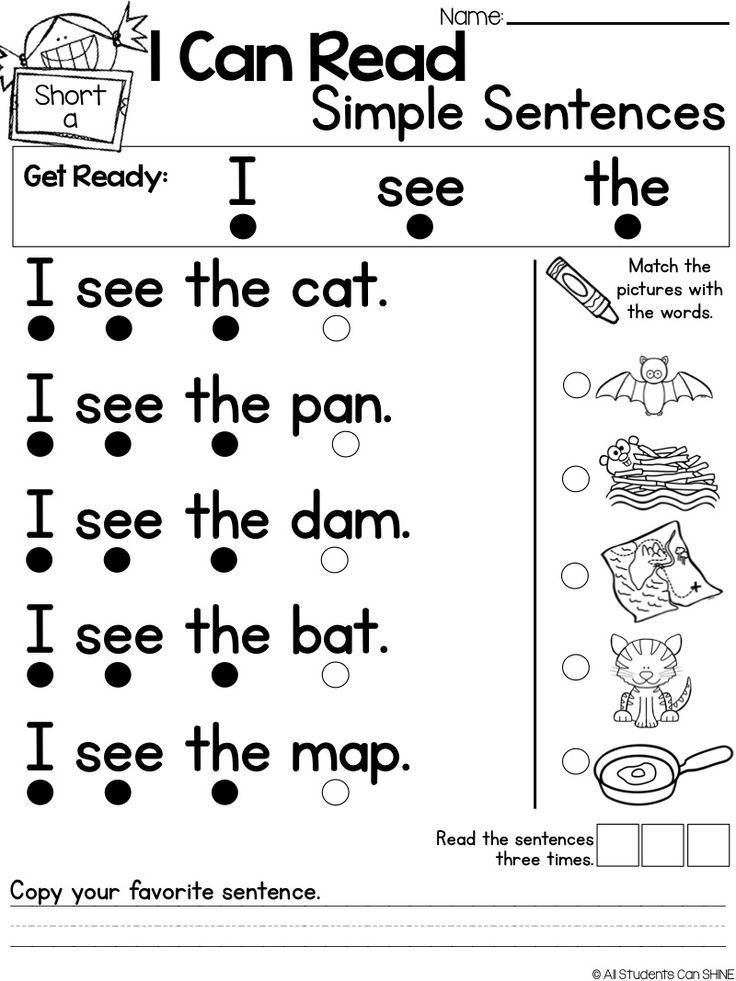
- One child was just born, then another child , there was more such subsistence farming.
- And what was the unfortunate mother to object to, if the child decided to master the "infidel" language perfectly?
- He was like a helpless child , and fortunately there was no need for an emergency exit.
- Long held back tears burst from my eyes at once, and I cried like a child .
- Once raped, child forever becomes Queer (Fruit) in his own eyes, and this is quite tantamount to murder.
- The child who asks for a story that has been heard more than once, because he does not need cultural tricks, but a living naked experience.
- This comedy has gone into oblivion, but the phrases from it live on: “normal brilliant child ”, “nunsense”, “peppy insanity”.
- From now on the child has already been left to himself.
- All Pascal's acquaintances and friends were firmly convinced that the child was bewitched and that a witch had jinxed him.
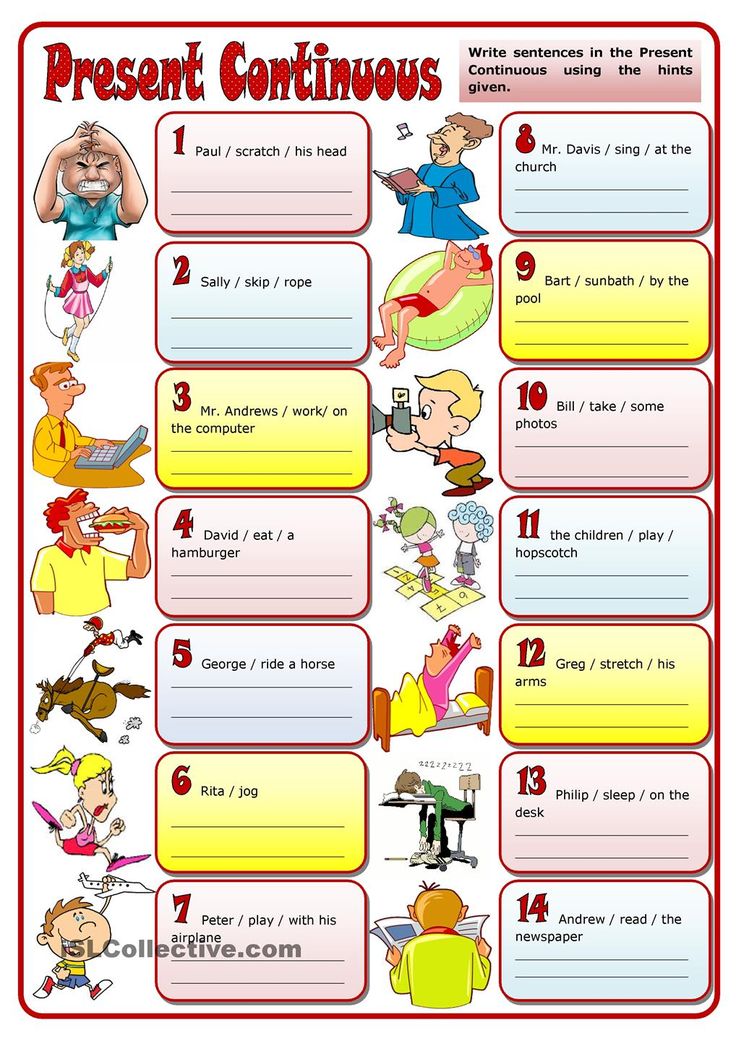
- In the early years, it was a quiet child , almost never crying or asking for food.
- If the child does not live up to parental expectations, he lives with a sense of guilt.
- The only child in a lower middle class family.
- Child has the right to a full school life.
- True, he was surrounded by serfdom, but the child could not comprehend its essence.
- Child interfered with admission to some place, and Betsy was forced to give him up for education in the family of the neighboring farmer Price.
- Poor naive Antonino was as happy as a child .
- This measure seemed too cruel to him: child was full of strength and obviously wanted to stay alive.
- Yes, child is still child , and warrior Ivan plays war when the adults leave.
- Yes, I really was a witch child , little mage and wizard.
- The young man was full of hope and joy, like a child .
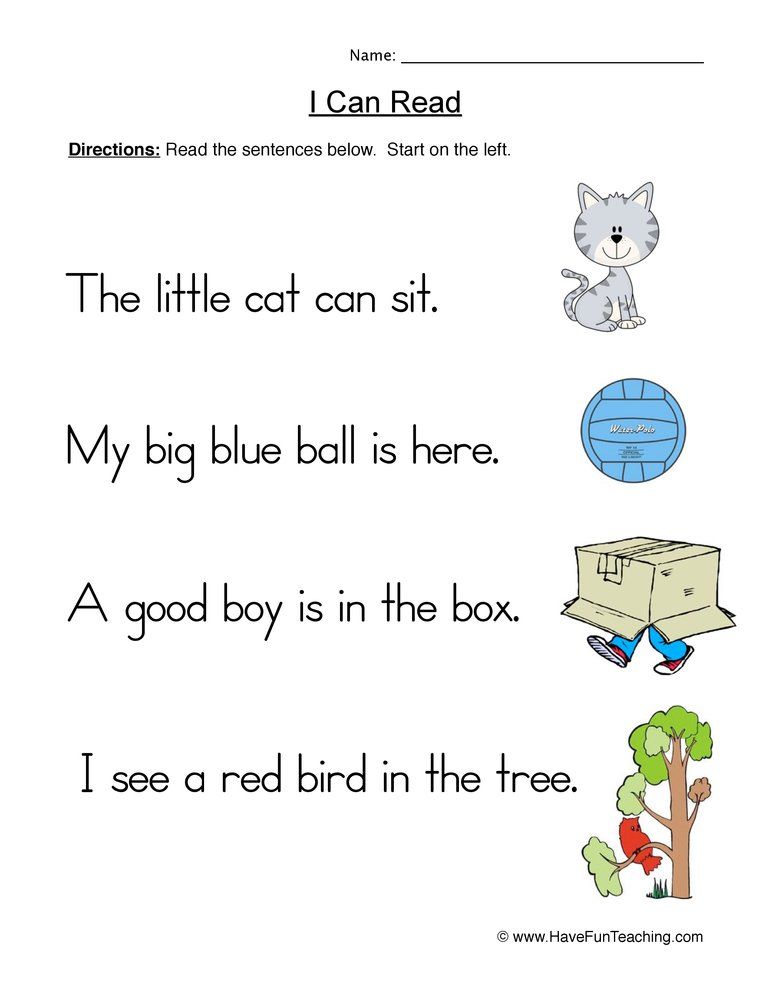
- In 1770, to complete the happiness of the Pestalozzi couple, they had a son, the only child they had .
- I ran through the streets at night and called, called, like a lost traveler, like a lost child !
- My son is large child and very good health.
- At that time I already had a family, I was supposed to be born on child .
- I (an erudite child ) knew that this was called "baroque".
- And the time will come when the child , full of love for his mother, will tell you: "You separated me from my mother, you were cruel to her."
- Katrina soon realized that she would have a child .
- At the same concert in the forefront, a little child burst into tears .
- https://sinonim.org/
- He's just baby , he didn't know what he was doing.
- He collapsed into a chair, covered his face with his hands and sobbed like a child .
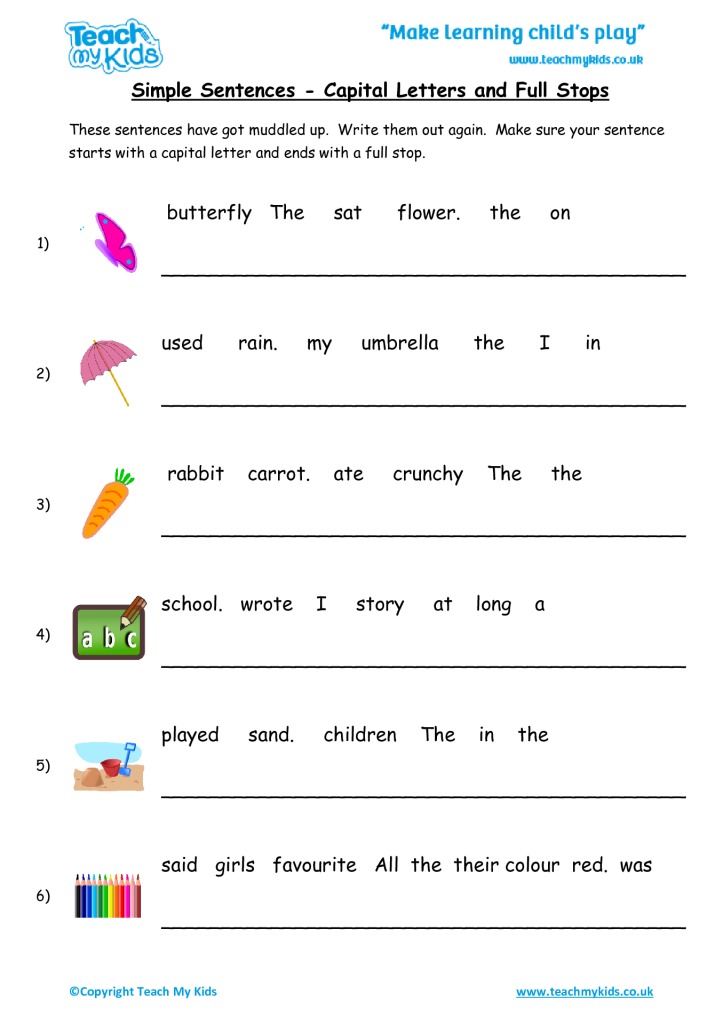
- They talked about a wide wound on Dmitry's body, which the child could not inflict on himself.
- As soon as the child became a girl, a woman, as poets vied with each other in a hurry to sing her beauty.
- Seeds, of course, fall into the soil and germinate slowly, but child is child .
- I remember that when I was in the Burgholzli clinic, I often behaved like a naughty child .
- Indeed, what more could a child of my age want?
- You write that the child who was recently born is like my child and that you can prove it.
- There was another mysterious child born to Varvara between two marriages and given up for education.
- In Geneva a child guilty of blasphemy was severely punished.
- And right there on my mother's bed lay a red, almost noseless, as it seemed to me, tiny swaddled baby .
- We are now twenty-eight men in this room plus four women and a child .
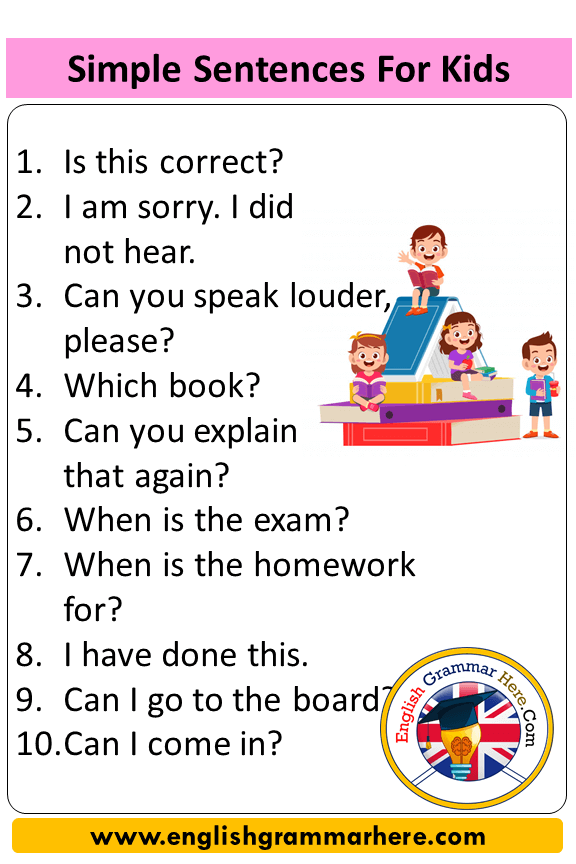
- Child burst into laughter, joyfully stretched his hands to the guards.
- When Pascal's father returned home from work, he found everyone in the household in tears, and child lay as if dead.
- Kaganovich's sister or niece was not in fact Iosif Vissarionovich's wife, but she had a child from Stalin.
- Yulia already had a child , and she came, in her words, to earn money for an apartment and to provide for the child.
- Upon learning of the death sentence, one of them, a man who is by no means soft-hearted, took out a handkerchief and stepped aside, crying like a child .
- Child , or what?” And I said, "Yes, that's my son."
- But fate decided otherwise: after a short illness April 25, 1719 child is dead.
- The result of the connection was the child , the future famous traveler.
- Child was eleven inches long and three inches wide, i.
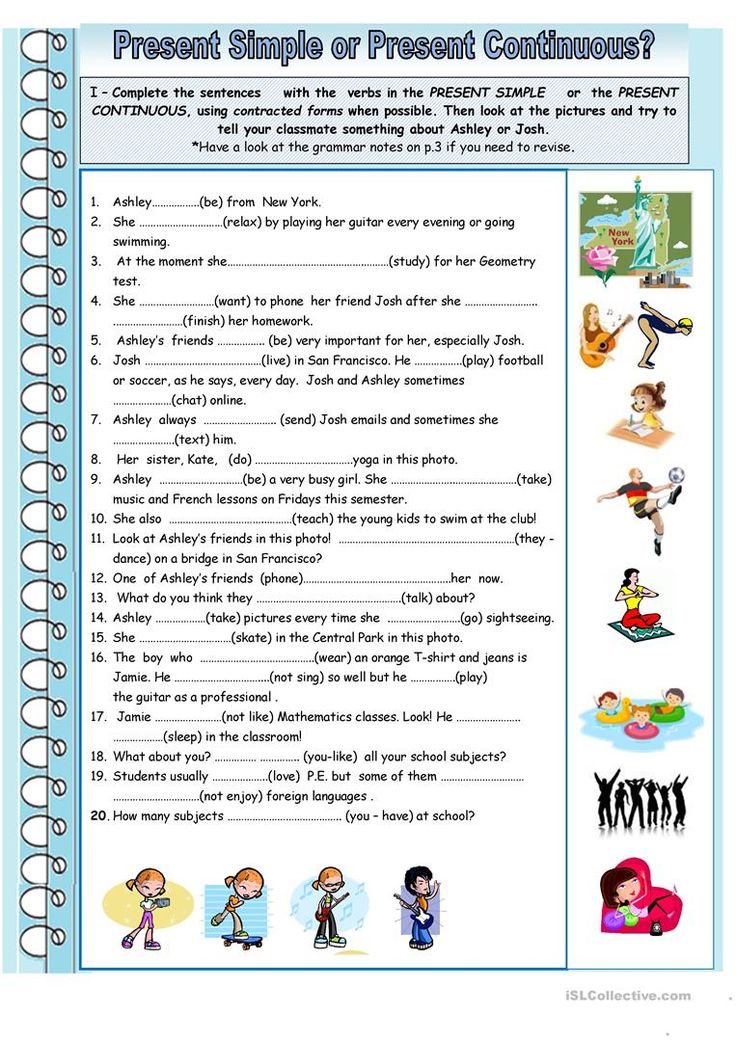 e.
e. - Not at all embarrassed, she got up and said that child was alive and would “depart” before midnight.
- Understand that this child whom you are now accepting at the Poquelin house is none other than Monsieur Molière!
- Child stood very still next to the giant whose head was lowered.
- Quiet, peaceful, but still, when there is a child , it is tragic.
- Sobbing like a child , I shifted my friend to the other end of the seat.
- Up to this point, Cyrus was protected in his mountain citadel, like a child in a mother's womb.
- Alina ran up and bent over the bunk, where the child was tossing about.
- Child of one of the kindergarten servants, arranged for free "reinforced" grubs.
- Child , who was tortured by an ugly life for nine months, shed bitter tears already in the womb and did not receive the necessary spiritual strength.
- Yes, one child , divorced, from Oregon.
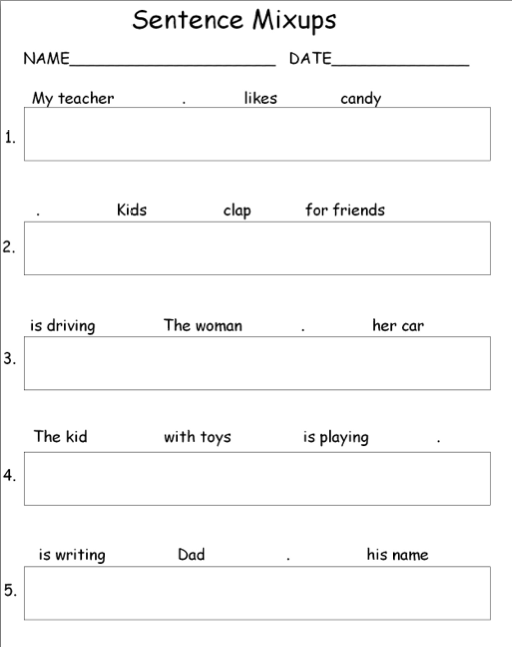
- Hearing joyful exclamations, child cheered up, smiling at the one who took away his crown, he jumped in her arms.
- But I'm not a child or a doll to play with.
- Normal child after the removal of the plaster and some recovery period would be completely healthy.
- A small child opens and closes his mouth, they began to look for a doctor, found some woman, and child had already died.
- Even a one-year-old child can distinguish big from small.
- He was careless like a child or like a savage.
- The father tried very hard to win the love of his son, but the child naturally preferred to him the one who brought him up.
- Hearing the cavalry's clatter, the women took cover in the cellar, but the child , clinging to the window bolt, did not let himself be taken away and watched the battles.
- Only in "Childhood" child is not a passive character.
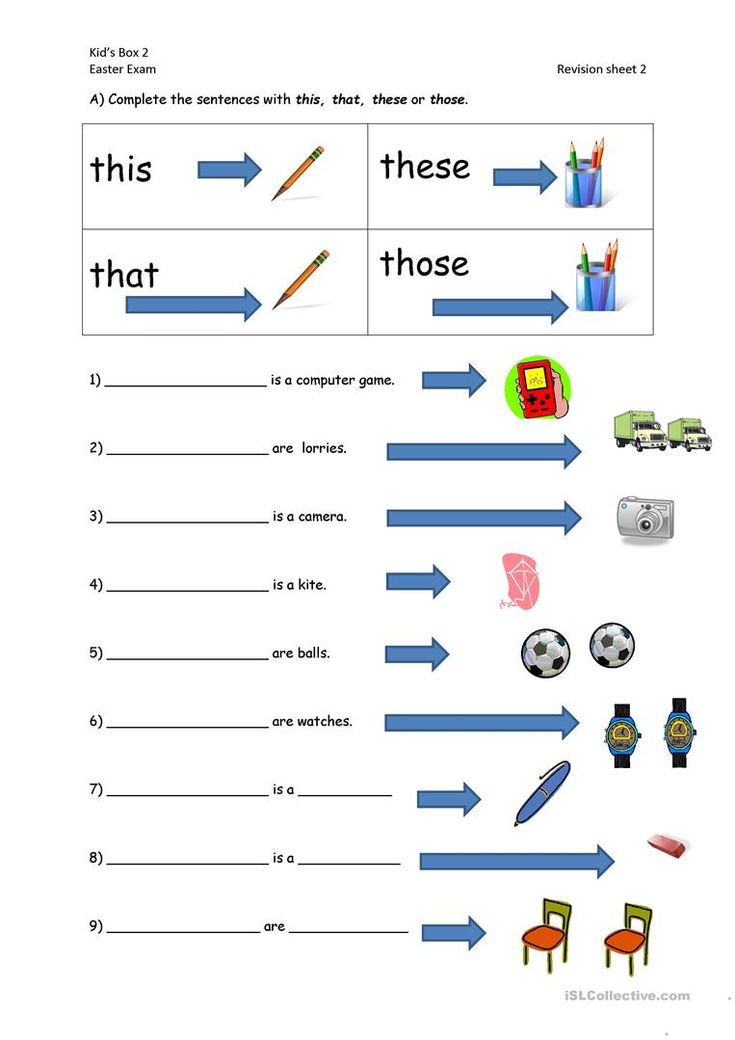
Open other sentences with this word
Source - introductory fragments of books with LitRes.
Synonyms for "child". Meaning of the word. Characters. "child" - morphemic analysis.
We hope that our service has helped you come up with or write an offer. If not, write a comment. We will help you.
Top ↑
Antonyms | Synonyms | Associations | Morphemic parsing of a word | Search offers online
Share
- Search took 0.017 seconds. Remember how often you are looking for something to replace a word with? Bookmark sinonim.org to quickly look up synonyms, antonyms, associations, and sentences.
Write, we welcome comments
Up ↑
How to teach a child to speak: ways, games and exercises
The formation of a child's speech occurs long before he begins to speak independently. From a very early age, the baby perceives the speech of adults, imitates it, and subsequently relies on the acquired experience.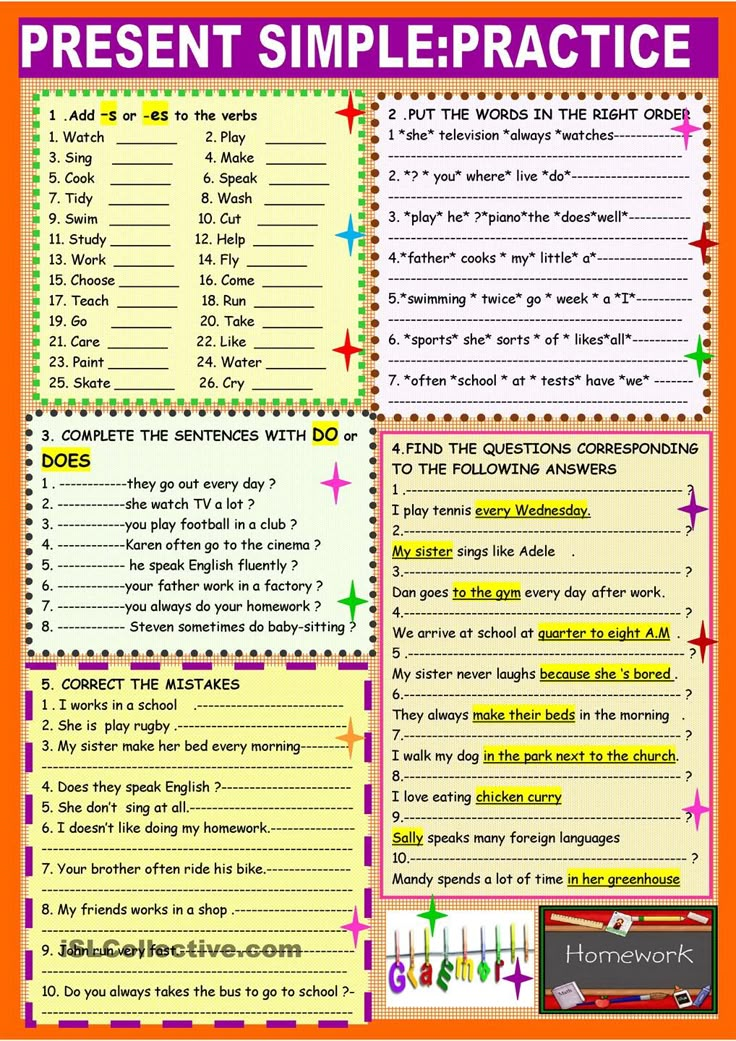 Speech development is not a process that can be left to chance - and in this article you will find out why.
Speech development is not a process that can be left to chance - and in this article you will find out why.
Article content:
- Stages of speech development
- 10 ways to teach your child to talk at home
- Exercises and games for the development of speech
- General tips
- When you need specialist help
- Conclusion
Stages of speech development
The formation of speech occurs gradually, starting from birth. Knowing the approximate stages of speech development at each age, it is much easier to determine the presence of signs of a lag.
- 0 to 6 months. The baby actively listens to the speech of adults, tries to reproduce the sounds that he still perceives as a melody. He already distinguishes the voices of people who are talking to him. First, the baby masters vowel sounds, and already closer to the age of one and a half months, the consonant sounds “g”, “k”, “x” appear, thanks to which the child begins to “walk”.
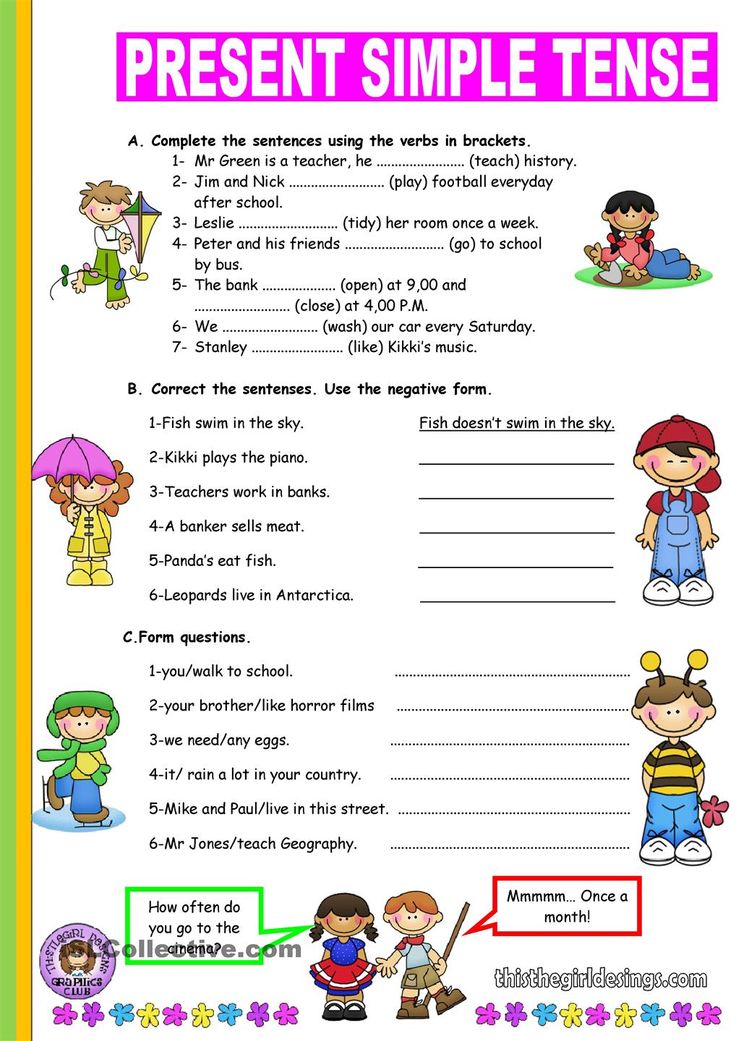
- 6 to 12 months. At this age, the child often imitates the sounds of adult speech. Pronounces separate syllables, for example "ma-ma", "babbles". By the end of the first year of life, the first words and sentences appear. Vocabulary ranges from 2-3 to 20 words, most of which are nouns.
- 1 year. In a year, speech becomes active and becomes a means of interaction with adults. Together with the ability to move independently, the child accumulates knowledge about the world around him and replenishes his vocabulary, which at this age is 300-400 words. Pronunciation adapts to itself, skipping or replacing complex combinations of sounds.
- 2 years. By the age of two, phrasal speech is formed. At this time, the child is able to formulate a sentence of 2-3 words. Gradually, grammatical categories are mastered, such as number, gender, case. The vocabulary reaches up to 700 units.
- 3 years. Children of this age actively communicate with adults and peers, but still with the help of simple sentences.
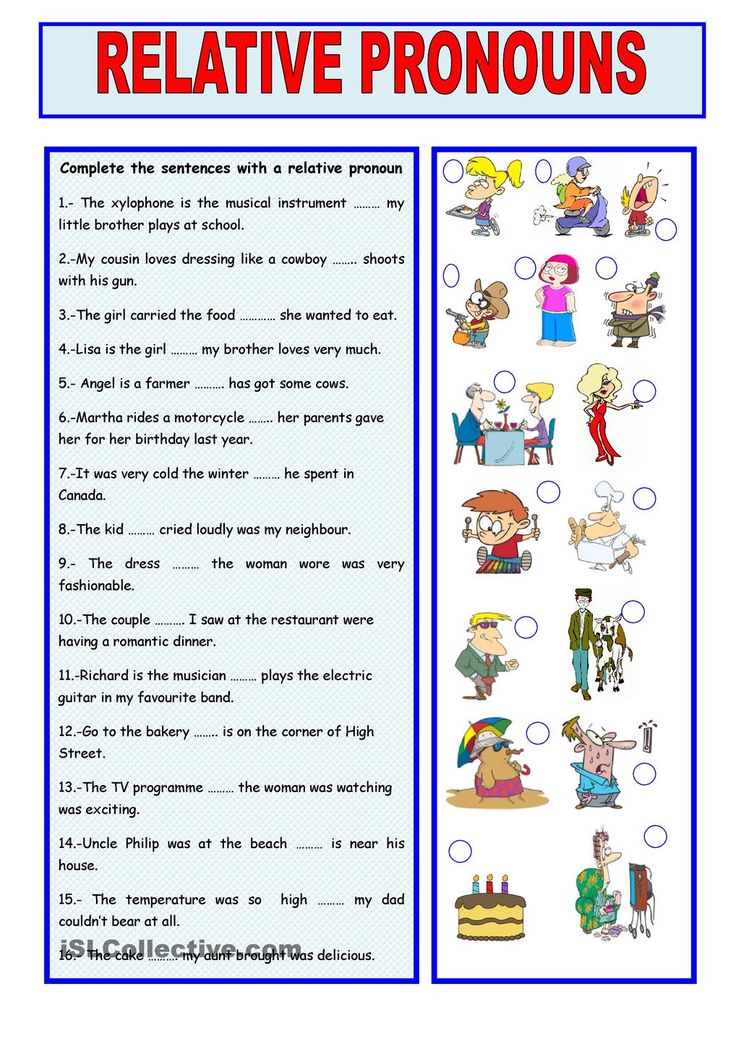 A three-year-old child masters the basic laws of the language and, on their basis, invents his own words. This process is called "word-creation" and signals the normal development of the child's speech. Vocabulary - up to 1000 words.
A three-year-old child masters the basic laws of the language and, on their basis, invents his own words. This process is called "word-creation" and signals the normal development of the child's speech. Vocabulary - up to 1000 words. - 4 years. In the fifth year of life, the child "hones" the acquired skills, replenishes the active and passive vocabulary, which is approximately 2000 words. As they grow older, the child begins to pronounce all the sounds of his native language clearly and clearly.
- By the age of 5, it is considered normal if the child has mastered all aspects of the language and is fluent in speech. If not, this is a reason to immediately contact a specialist.
10 ways to teach your child to talk at home
- The most effective and basic way is to talk to your child as often and as much as possible.
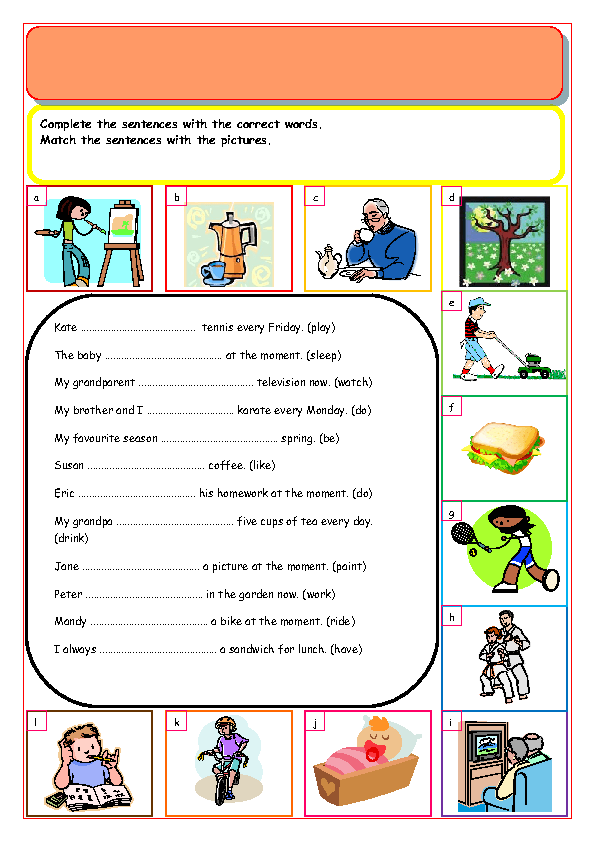 Pediatricians recommend communicating with the child even before he is born. The speech of an adult should be expressive, as babies perceive it on an emotional level. It is possible to teach a child to speak at 1 year old by abandoning sign language and completely switching to verbal communication. Use short and clear sentences, do not distort words. Speak in such a way that the child can observe the movements of the lips and try to independently apply them to his speech.
Pediatricians recommend communicating with the child even before he is born. The speech of an adult should be expressive, as babies perceive it on an emotional level. It is possible to teach a child to speak at 1 year old by abandoning sign language and completely switching to verbal communication. Use short and clear sentences, do not distort words. Speak in such a way that the child can observe the movements of the lips and try to independently apply them to his speech. - Develop fine motor skills. Stimulation of nerve endings on the fingers has a positive effect on the development of speech. Any exercises that involve the motor skills of small muscles are suitable for this method: sorting through cereals, playing with massage balls, stringing beads on a string. (You can link to an article about developing fine motor skills by writing, for example, "Learn more here.") Fine motor skills classes will help to teach a two-year-old child to speak as early as possible.
- Expand vocabulary.
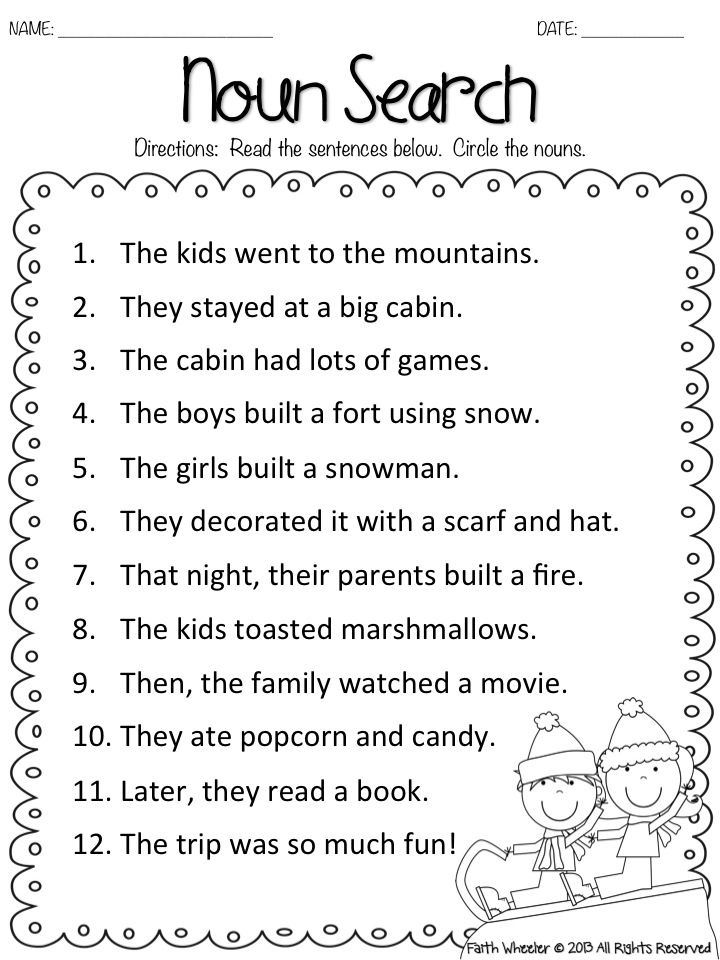 At home, on the street, in a store, in nature, show and call the child the names of the surrounding objects. To his questions in an accessible language, explain the meaning of certain objects, trying not to overload the child's brain with complex terms. This is a natural and inexpensive way to quickly teach your child to speak at 2 years old.
At home, on the street, in a store, in nature, show and call the child the names of the surrounding objects. To his questions in an accessible language, explain the meaning of certain objects, trying not to overload the child's brain with complex terms. This is a natural and inexpensive way to quickly teach your child to speak at 2 years old. - Read books. Children love to look at bright, colorful pictures. Read a book to your child, while pointing at the characters, for example, a bun, a fox, a hare. Simultaneous visual and auditory perception will help you remember words faster and learn how to pronounce them. Set aside time for this activity each day to develop this healthy habit in your child.
- Sing songs. As much as books, children love songs. Sing along with your child his favorite songs, learn new songs that he will like. In addition to stimulating the speech apparatus, you will provide both yourself and your baby with a good mood.
- Not understanding sign language.
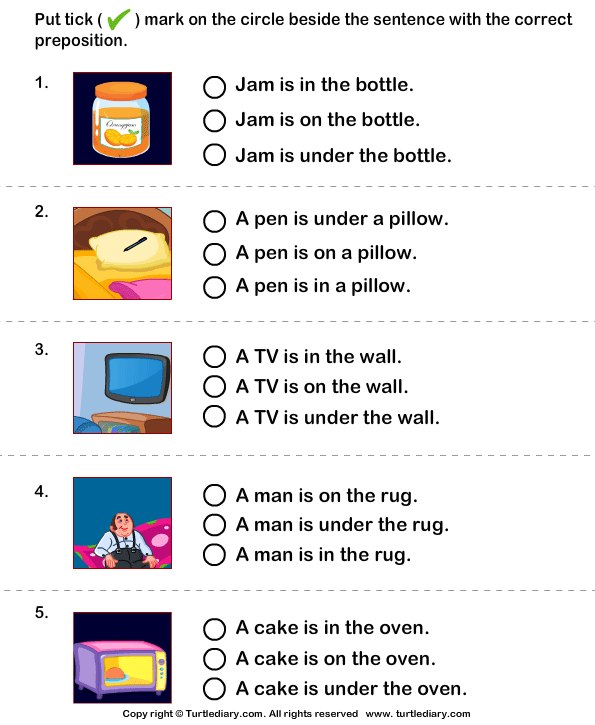 If your child often uses gestures, replacing words with them, you need to stimulate him to the opposite. Once again, when the baby points his finger at something, pretend that you do not understand him. Try to start a dialogue by asking leading questions, but do not bring the child to hysteria if he is not yet ready for this way of communication.
If your child often uses gestures, replacing words with them, you need to stimulate him to the opposite. Once again, when the baby points his finger at something, pretend that you do not understand him. Try to start a dialogue by asking leading questions, but do not bring the child to hysteria if he is not yet ready for this way of communication. - Take by cunning. When reading a well-known book, intentionally replace words, for example: "I'll sit on a stump, eat a pot (instead of" a pie ")". This technique will inspire your child to listen carefully to the speech, so that next time they can tell you how to do it right. The method is perfect for teaching a child to speak at 3 years old, since by this age children are actively interested in literary works.
- Repeat one after another. As a game, repeat the syllables that he says after the baby, and then offer your own version. The child will be happy to join this activity and will try to give out even more new syllables.
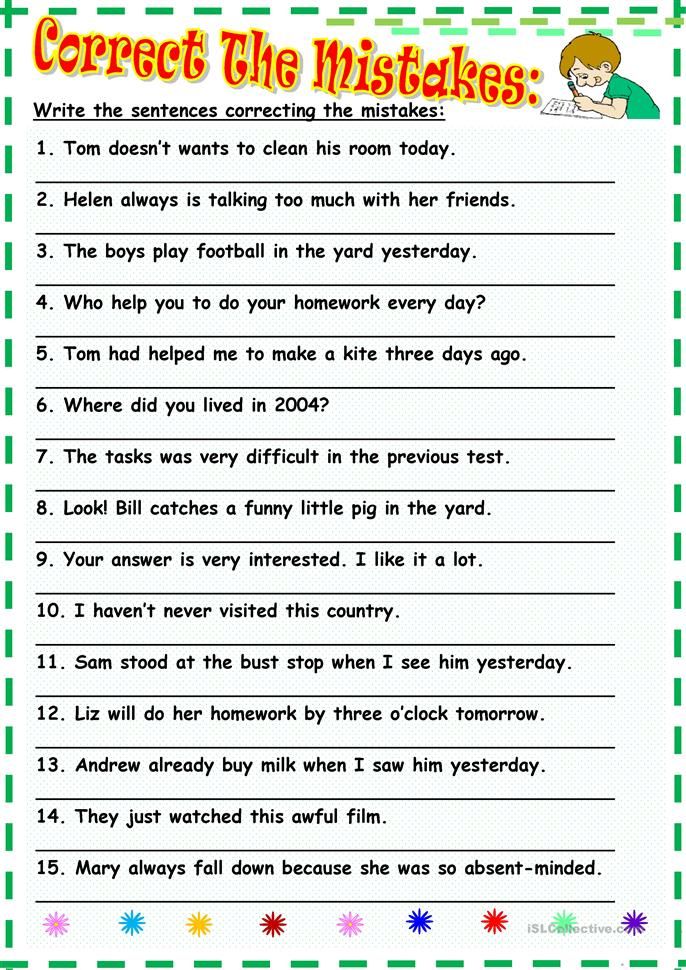
- Remove distractions. An incessantly running TV or computer with cartoons will drown out any of your attempts to enter into a dialogue. The child needs to hear the lively, clean, correct speech of an adult. To teach a child to speak at 4 years old, you should adhere to the time limits for watching cartoons.
- Show attention. Drop everything when the child comes up to you to tell you something interesting. Listen carefully, ask questions, be surprised and show your interest in every possible way. This will stimulate the desire to share with you everything that comes to mind and that you want to tell. Mutual dialogue is possible and necessary even with a small child, because it will help you quickly learn to talk.
Exercises and games for the development of speech
Finger games
Favorite activity for all kids. Aimed at the development of fine motor skills and, as a result, the formation of speech. Learn small rhymes with your child, for example, "Magpie Crow.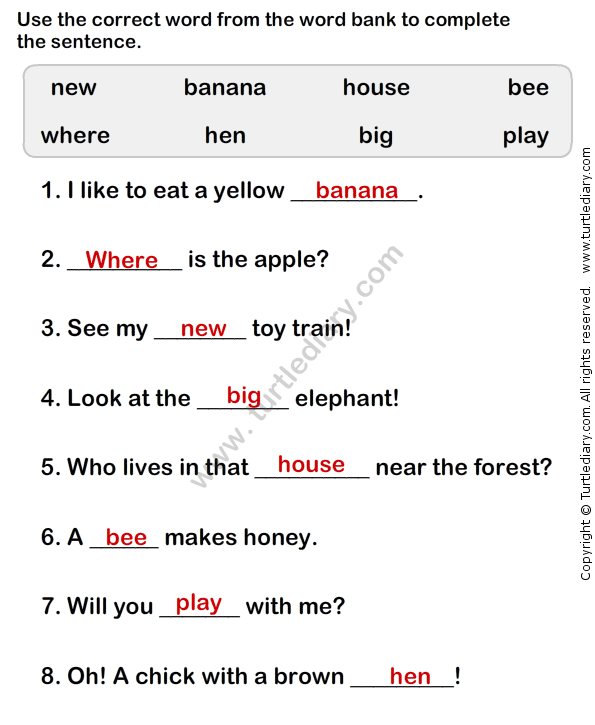 " Connect finger movements that your baby will be happy to repeat. Such games improve fine motor skills and help to teach the child to speak correctly.
" Connect finger movements that your baby will be happy to repeat. Such games improve fine motor skills and help to teach the child to speak correctly.
Articulation exercises
The small muscles of the mouth in childhood need to be trained, as they may not be sufficiently developed. To strengthen them, daily articulation exercises are required. Sit with your child at the mirror to control the correct execution of the exercises. Follow the movements of the lips and tongue, showing the child an example for his independent work.
Exercises for the development of speech breathing
It is important to teach a child to breathe correctly, starting from the moment of his speech development. The air released by us during the pronunciation of speech is the source of sound. Many simple and easily accessible exercises are aimed at developing breathing, for example: blow on a dandelion, inflate a balloon, blow soap bubbles.
Music games
You can teach your child to speak with the help of music games.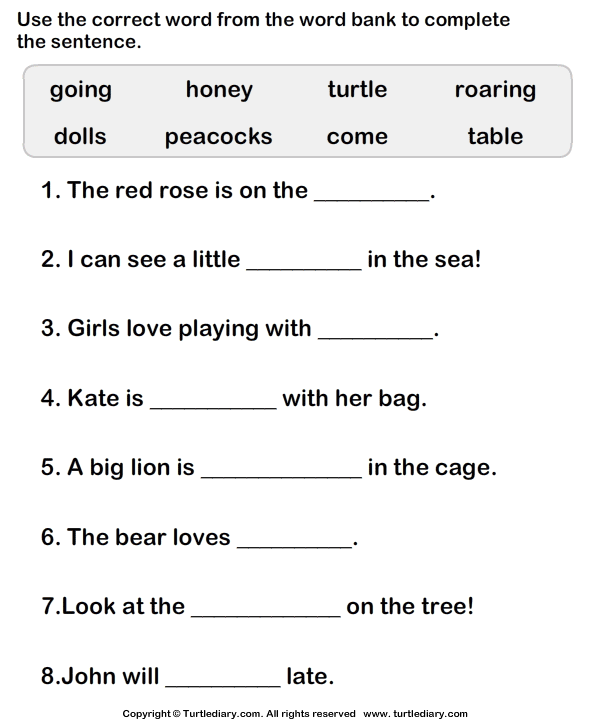 When children sing, the assimilation of sounds, syllables and, ultimately, words is easier for them. Musical games can be organized in several variations: with musical instruments (spoons, drum), songs with onomatopoeia of animals, songs with the simultaneous execution of simple movements.
When children sing, the assimilation of sounds, syllables and, ultimately, words is easier for them. Musical games can be organized in several variations: with musical instruments (spoons, drum), songs with onomatopoeia of animals, songs with the simultaneous execution of simple movements.
Didactic games
There are a huge number of games and methods using didactic material. And almost all of them can be applied to the development of speech. The game "Magic Bag" is great for developing speech skills. Rules of the game: in the bag there are objects of various shapes and sizes. The child is invited to feel to choose an object and describe it. Pronunciation of the signs of an object reinforces speech, and also helps in the formation of initial mathematical concepts.
General advice
In the development of a child's speech, it is important to be guided by the general principle "Do no harm". It must be remembered that each child develops according to his own individual model and it does not always adapt to the described stages of development.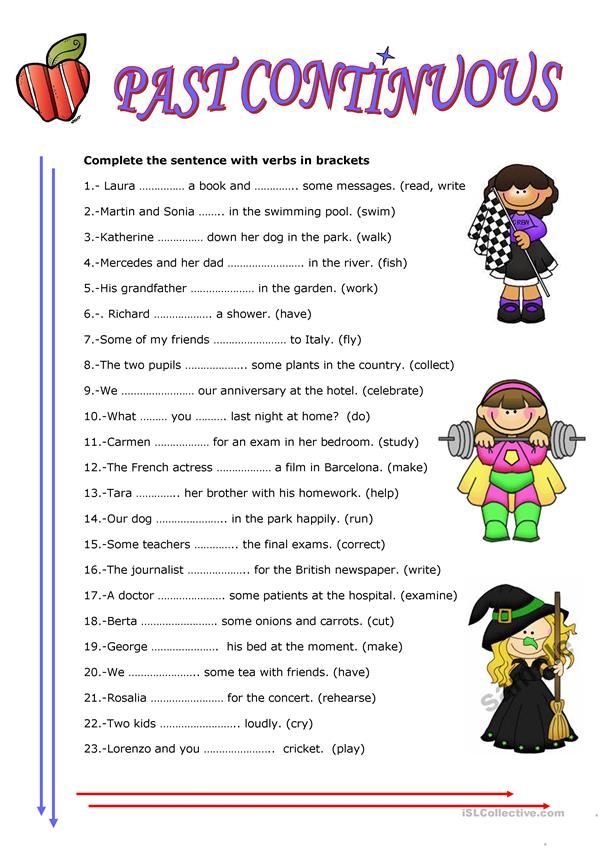 We recommend adhering to principles that apply in general to the entire process of raising and developing children.
We recommend adhering to principles that apply in general to the entire process of raising and developing children.
- The principle of play form. For a child of preschool age, the leading activity is the game. The more interesting the lesson is built, the more involved the child will be in it. Don't force me to play. Get interested instead.
- The principle of mutual dialogue. Talking to children is not a waste of time, as it might seem at first glance. Bring the child to a dialogue, keep up a conversation with him, tell and listen carefully. Communication is the most effective way to teach a child to speak early.
- Problem acceptance principle. It is difficult to admit to oneself that the child has any problems. However, the sooner you start working on the bugs, the faster you will get the result. Do not be afraid to turn to professionals if you see that independent work does not bear fruit.
- The principle of accepting individuality. Your child is already a separate person, even if he is just starting to stand on his feet.
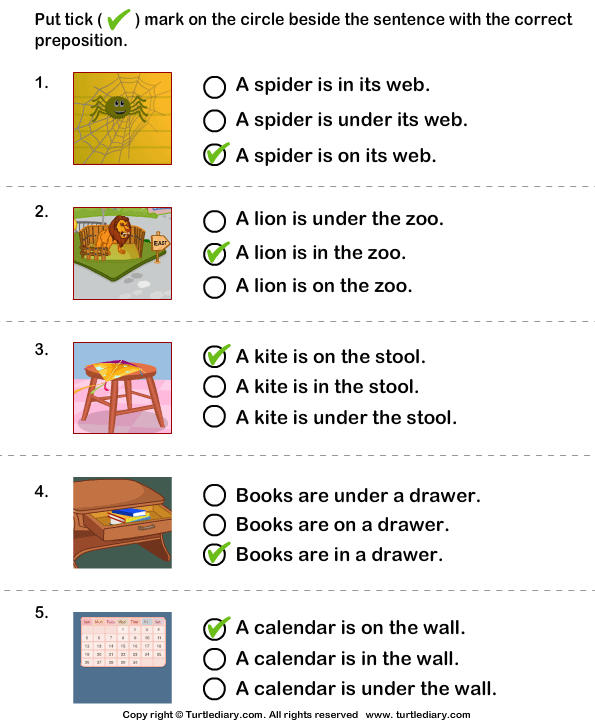 You should not compare him with peers who are already telling poems with might and main. Instead of criticizing, praise every achievement of your child and then he will definitely speak.
You should not compare him with peers who are already telling poems with might and main. Instead of criticizing, praise every achievement of your child and then he will definitely speak.
When the help of specialists is needed
When a problem is discovered and the right ways to solve it will help prevent further lagging behind the child. It is necessary to be patient, aim for a positive result and give your child a chance to painlessly enter the social world and learn to exist in it.
Reasons to start working on the development of speech together with a speech therapist, neurologist and other specialists:
- after 8 months the baby does not respond to calls to him;
- nasal voice appears;
- there is not enough air to complete the phrase;
- during a conversation there is increased salivation;
- at 2 years old, the child speaks only in syllables;
- at 3 years the child still tends to speak only in simple words;
- at the age of 4, the sense of syllable was not developed and the words were distorted.
